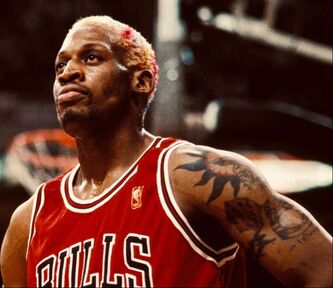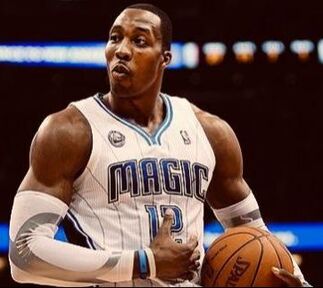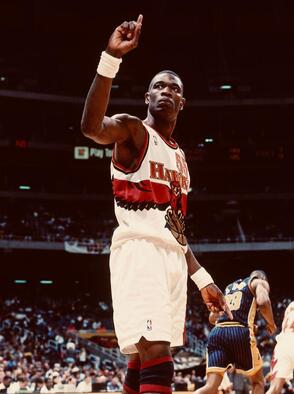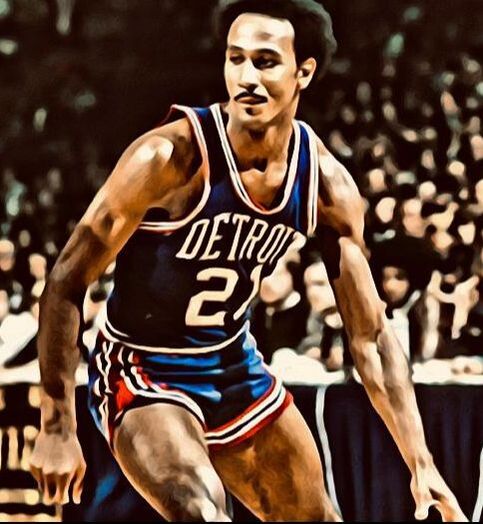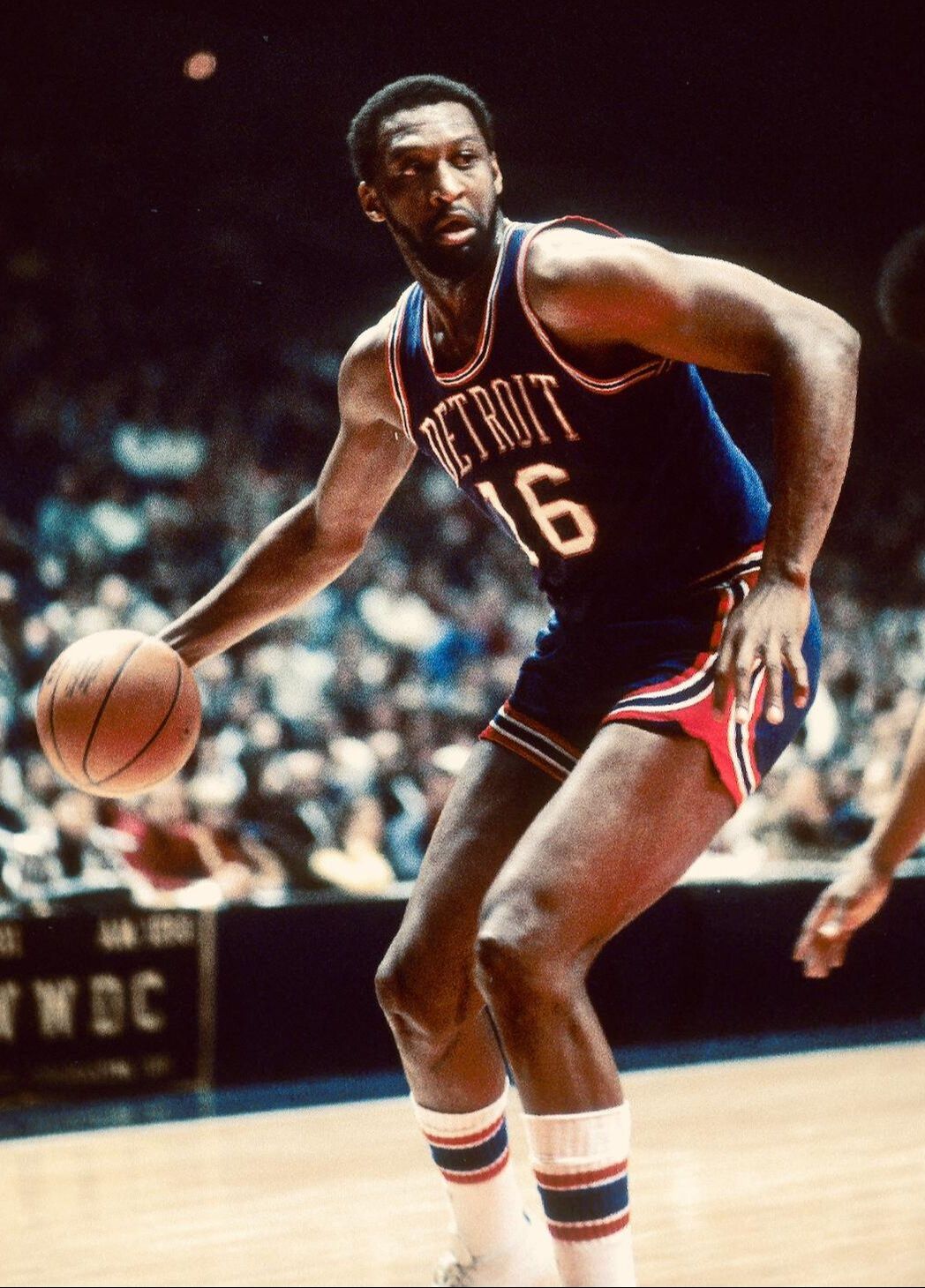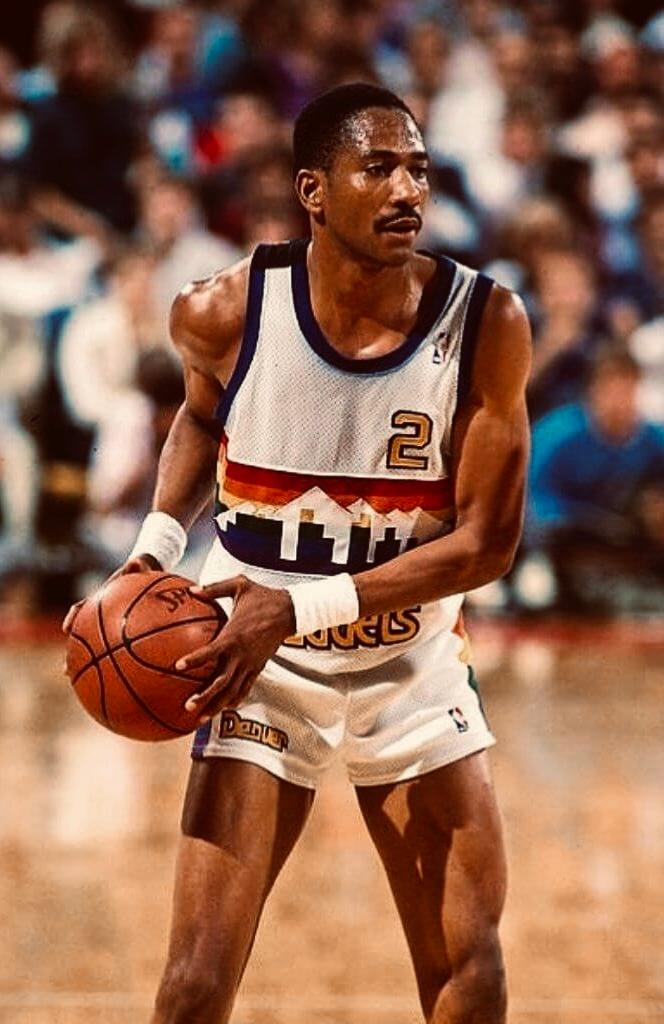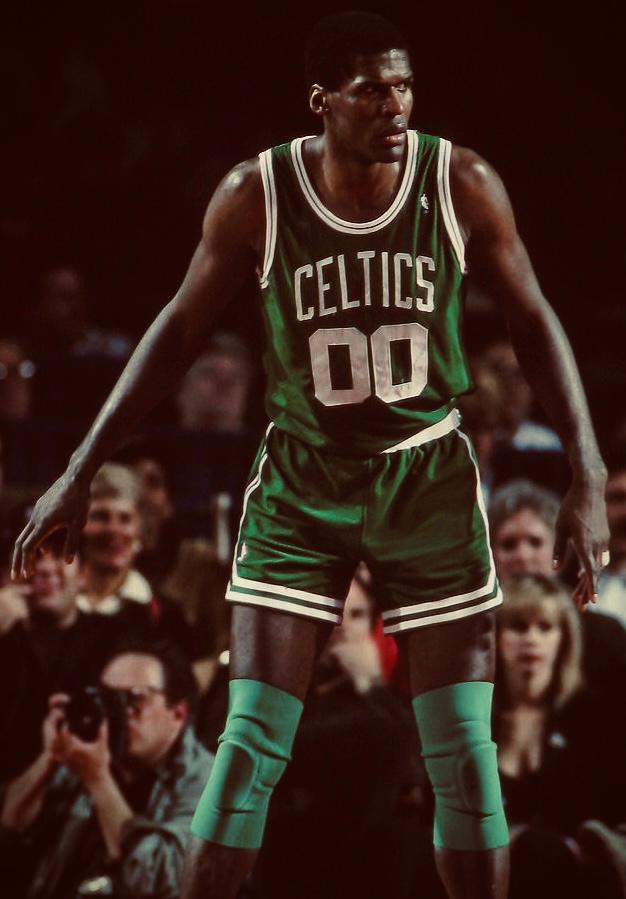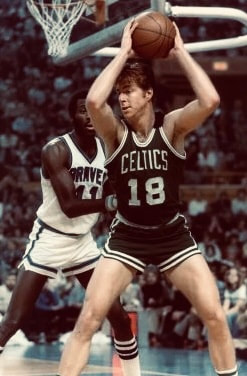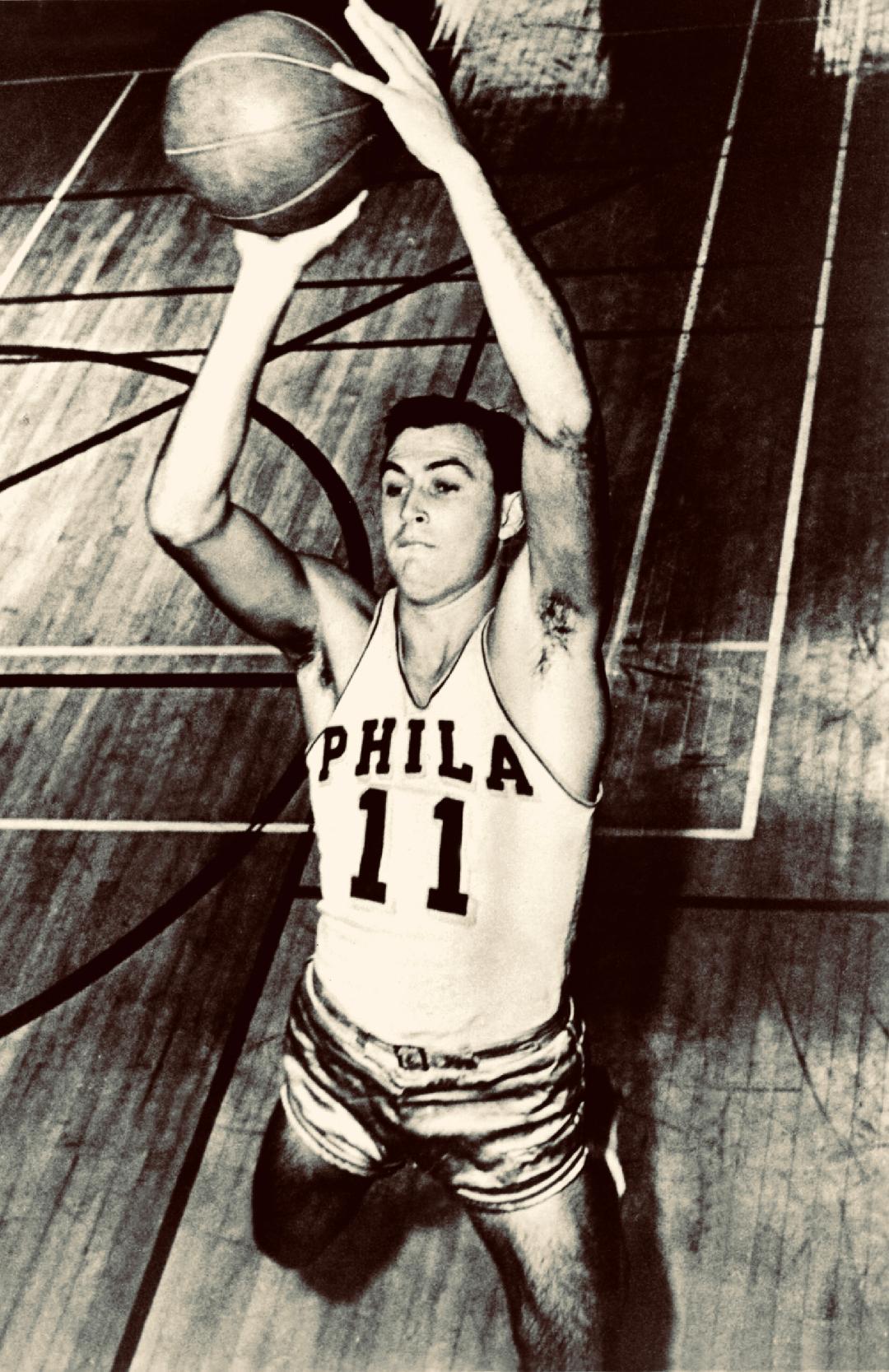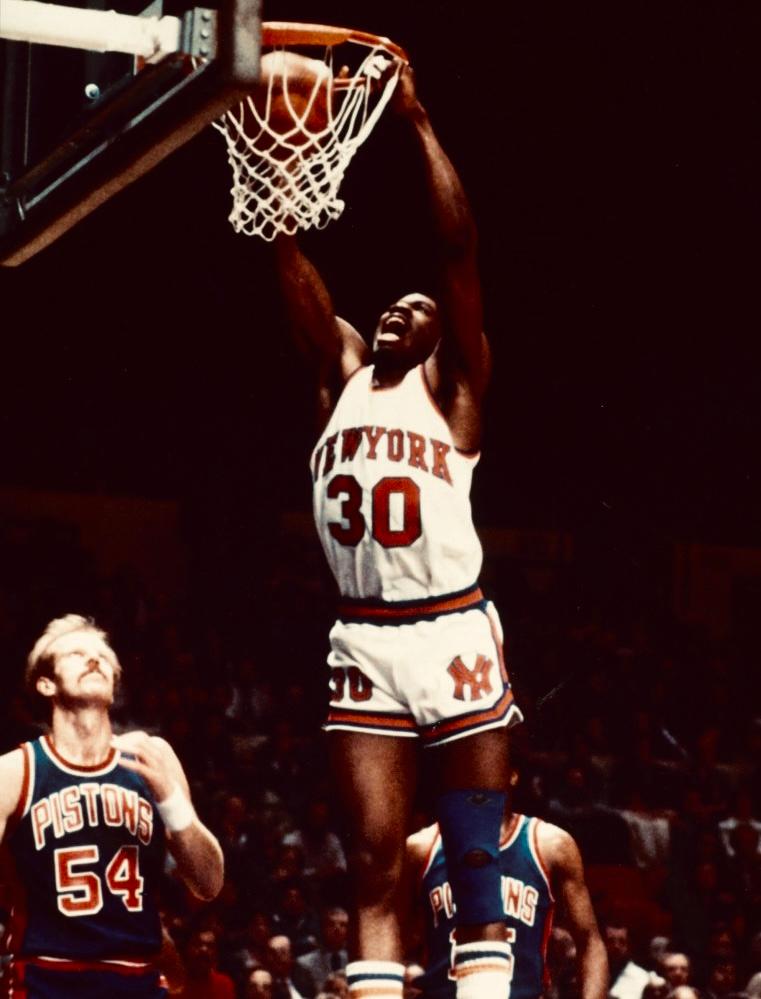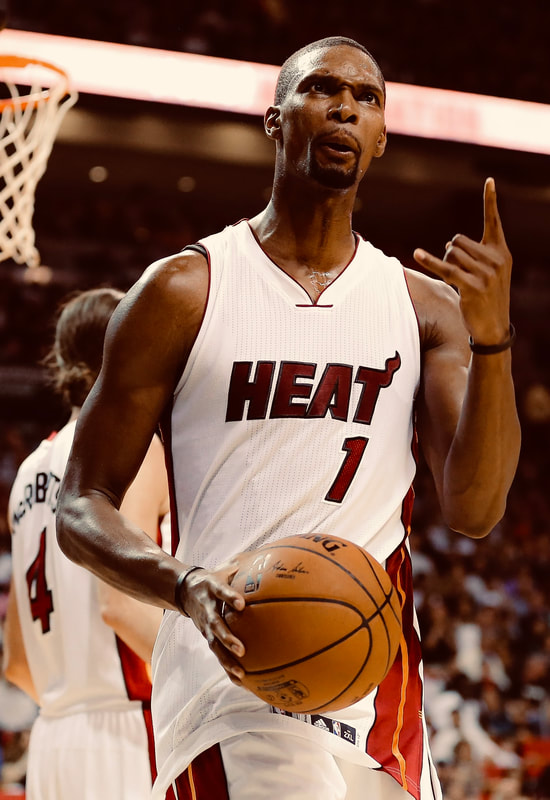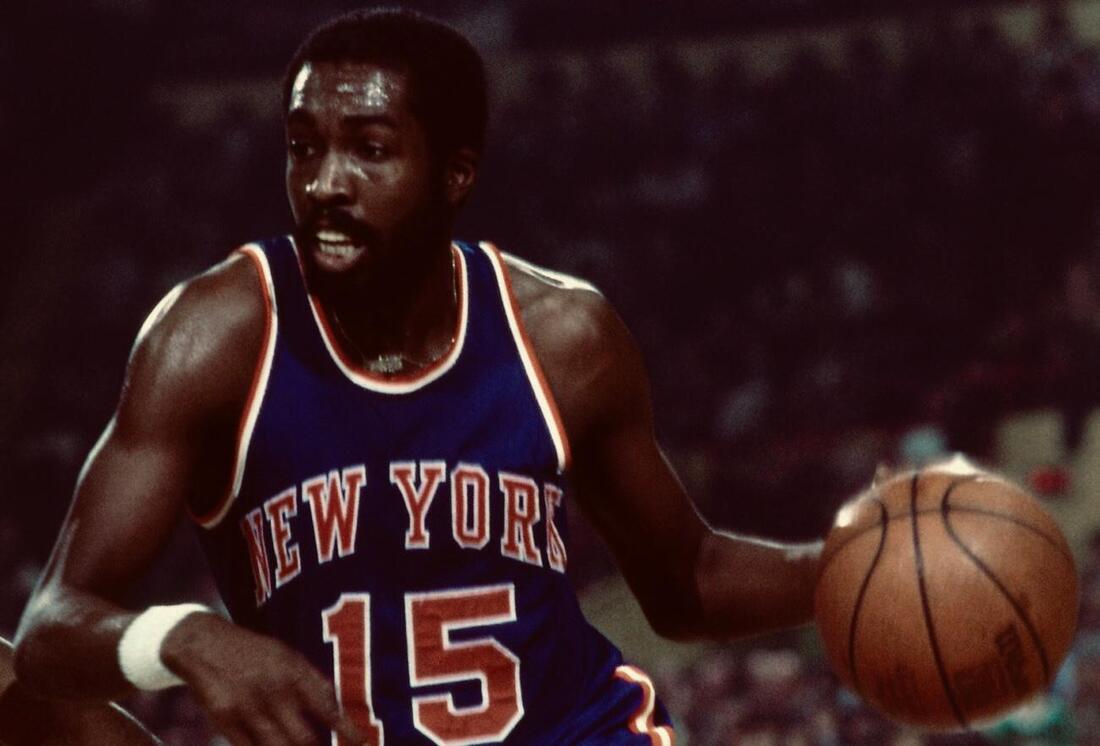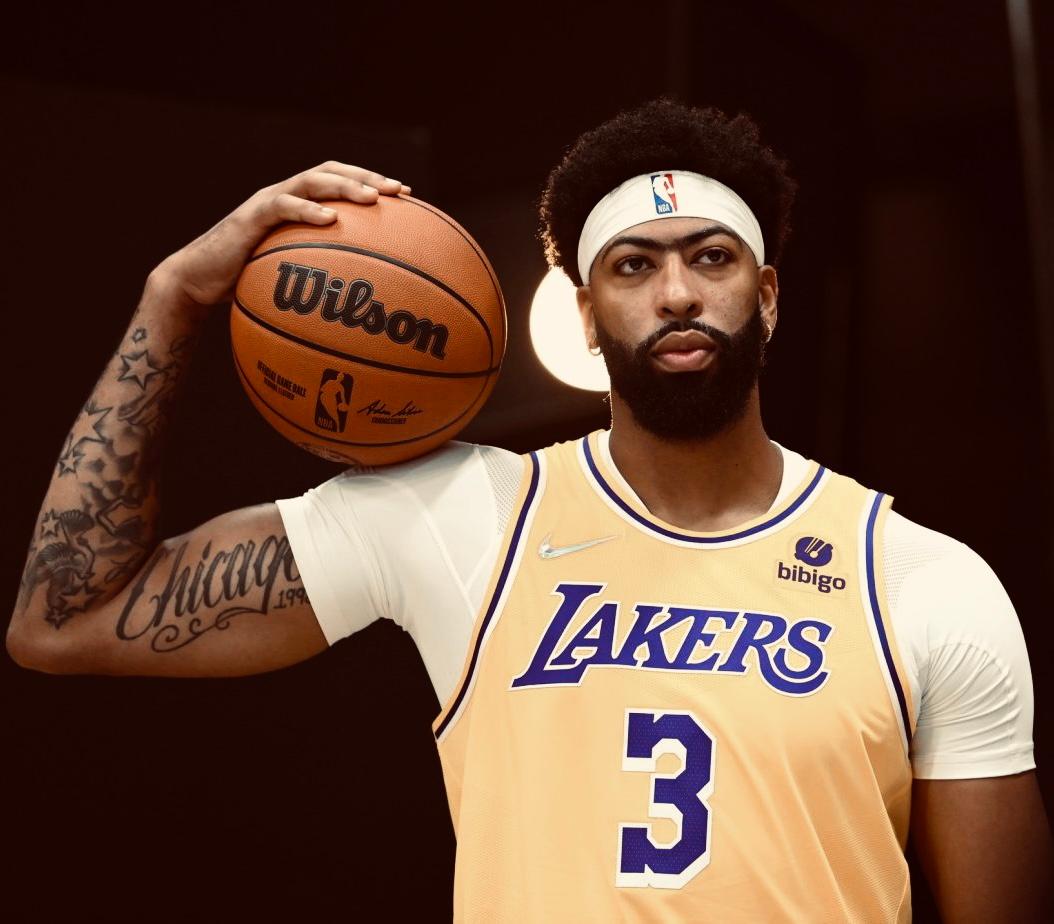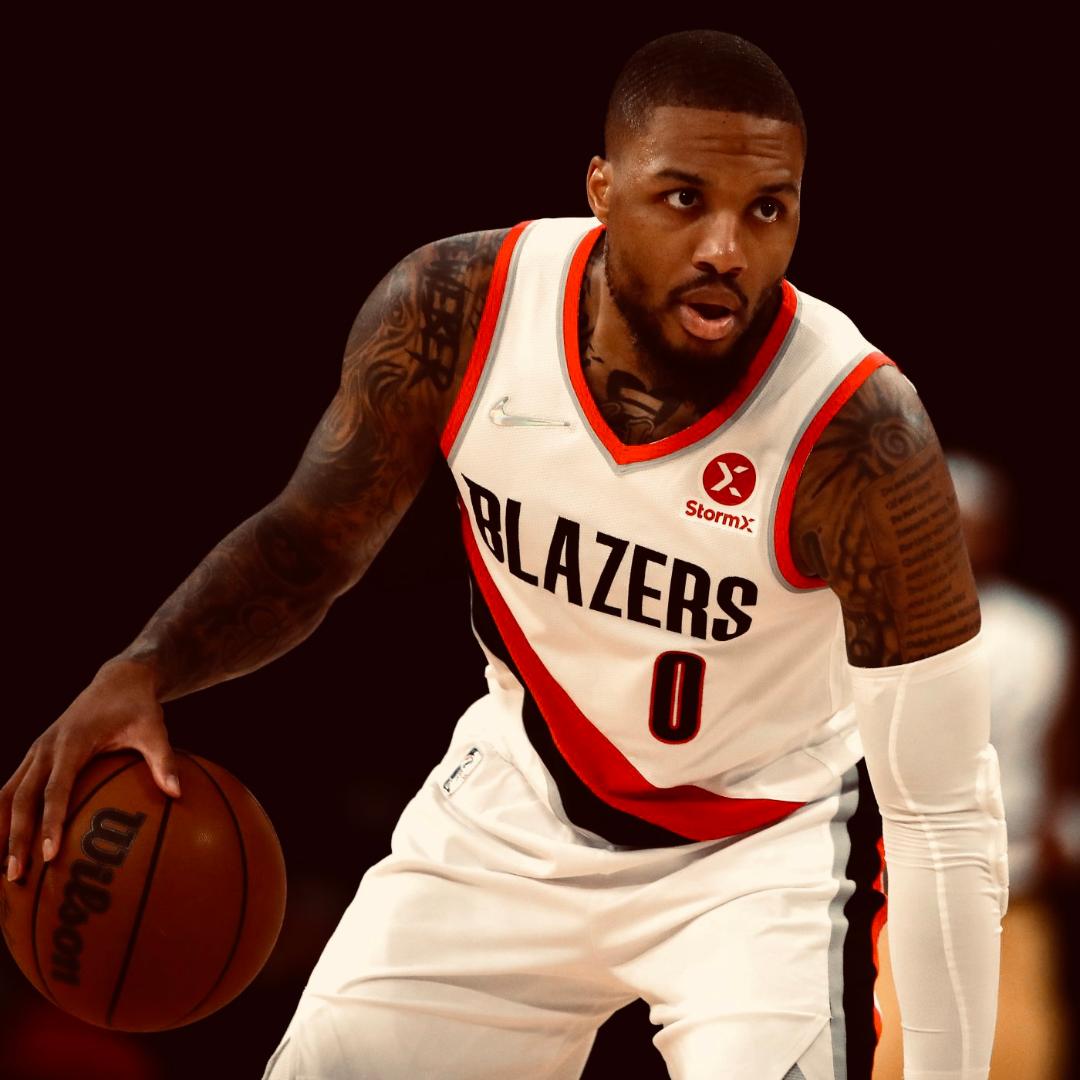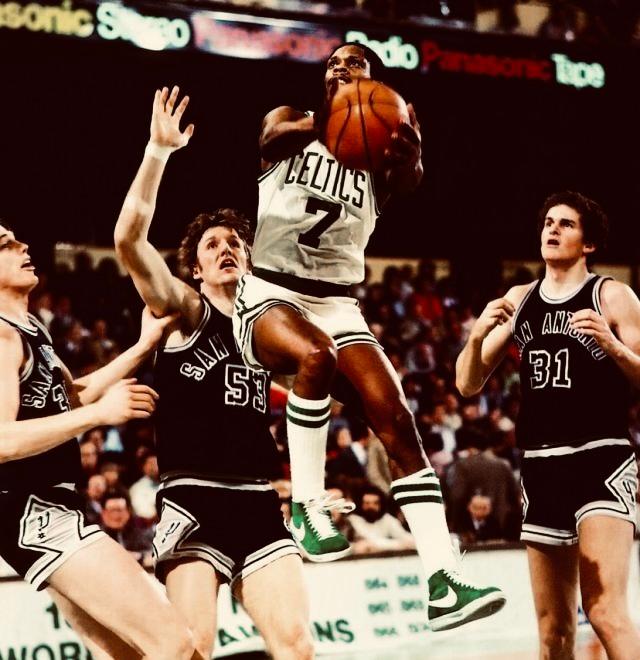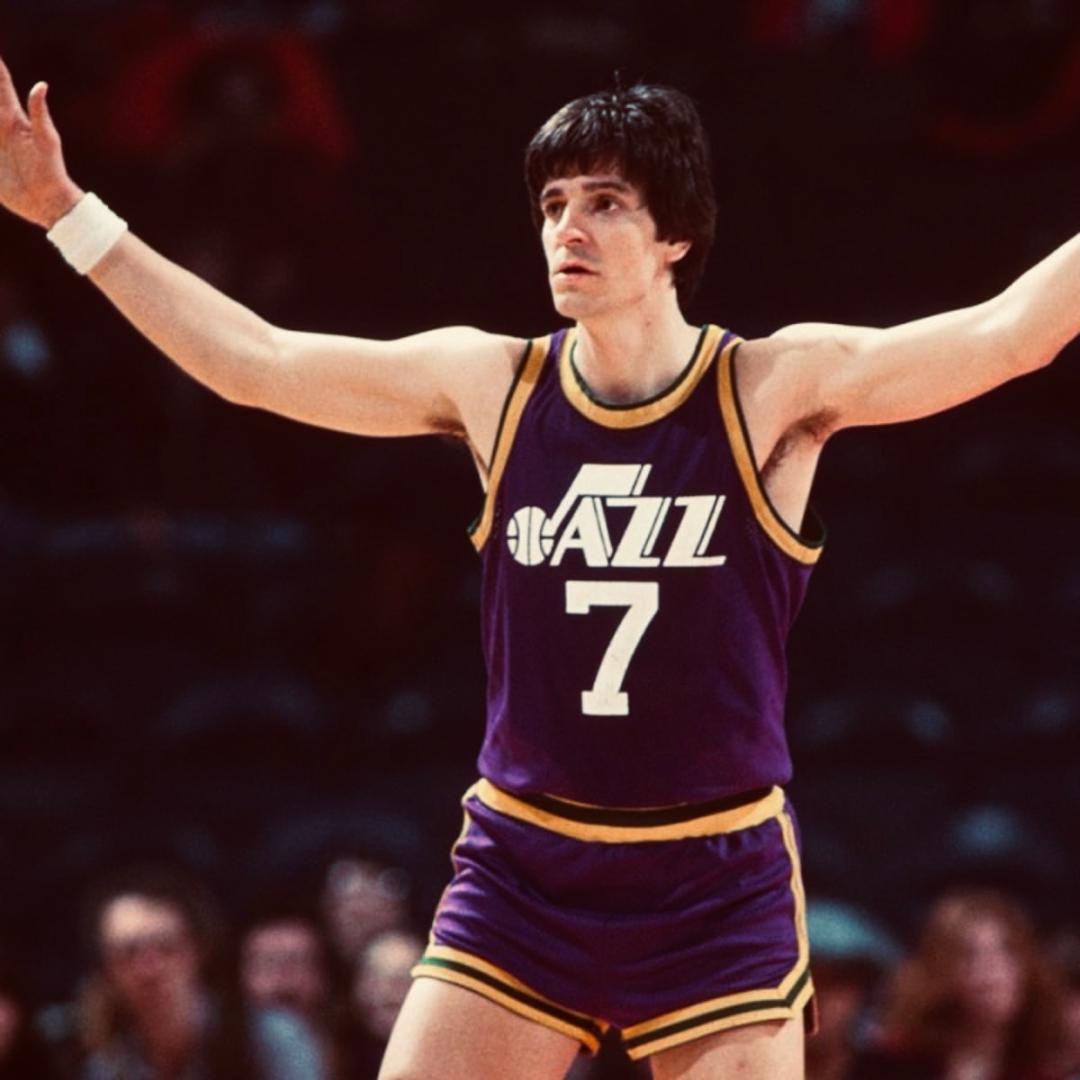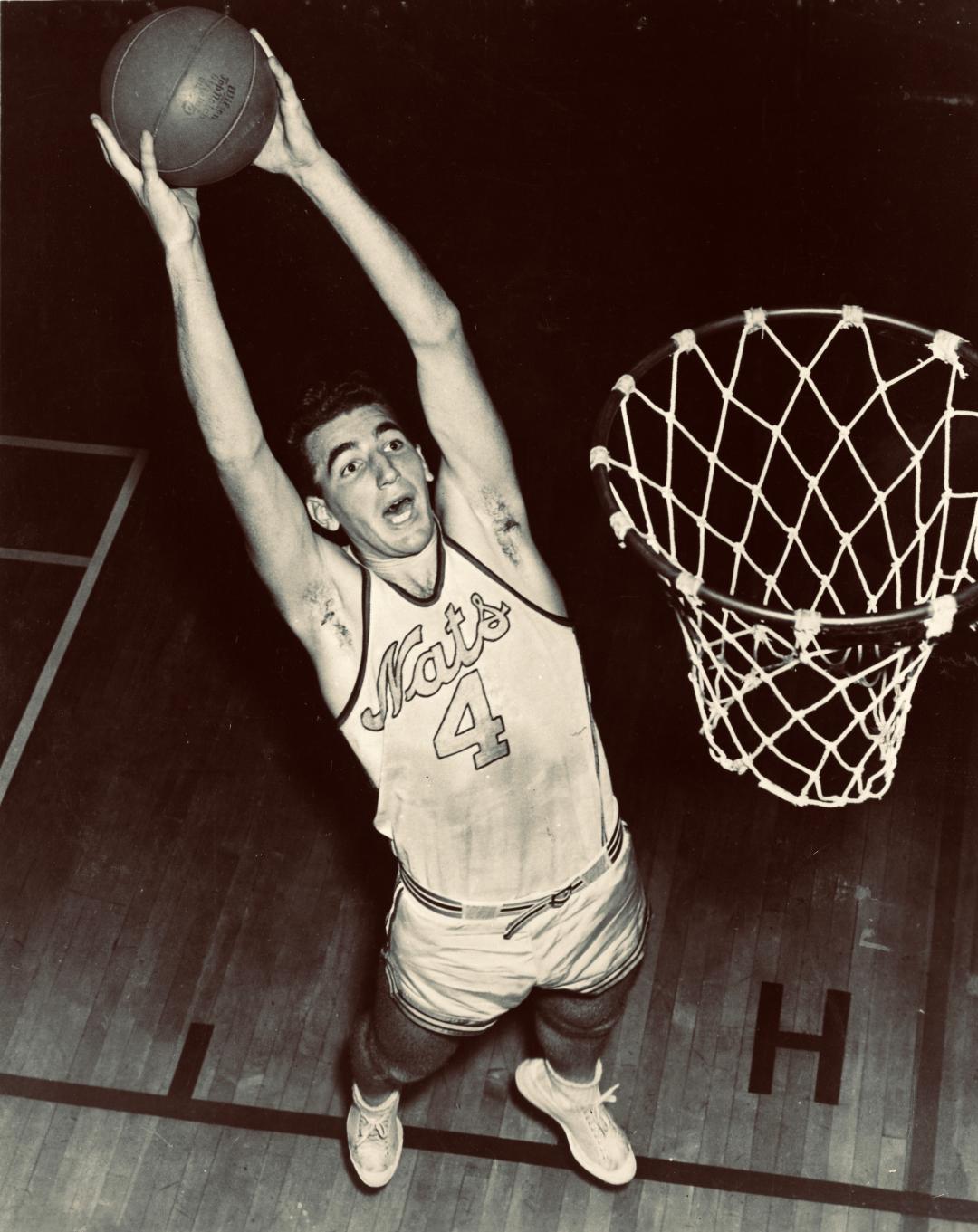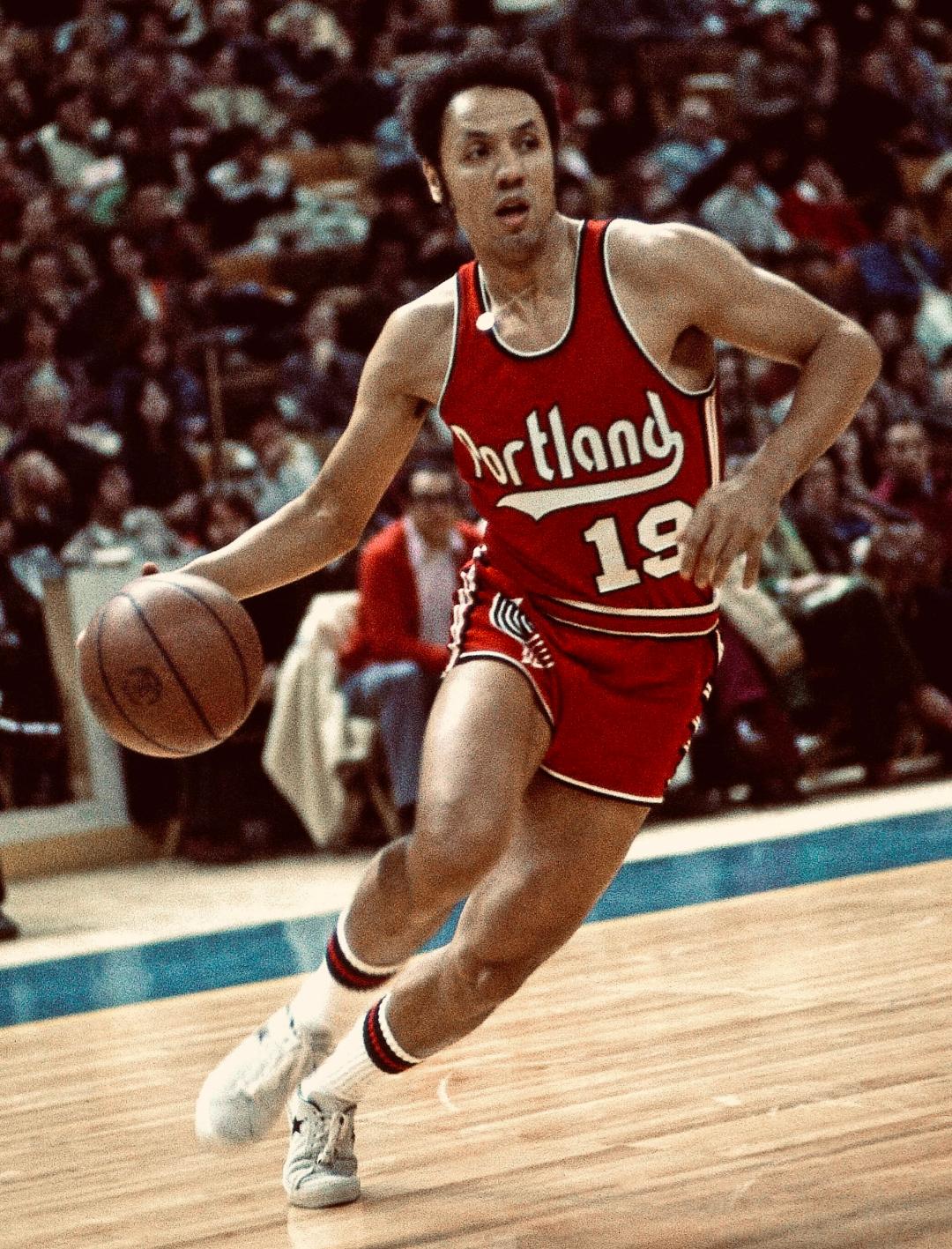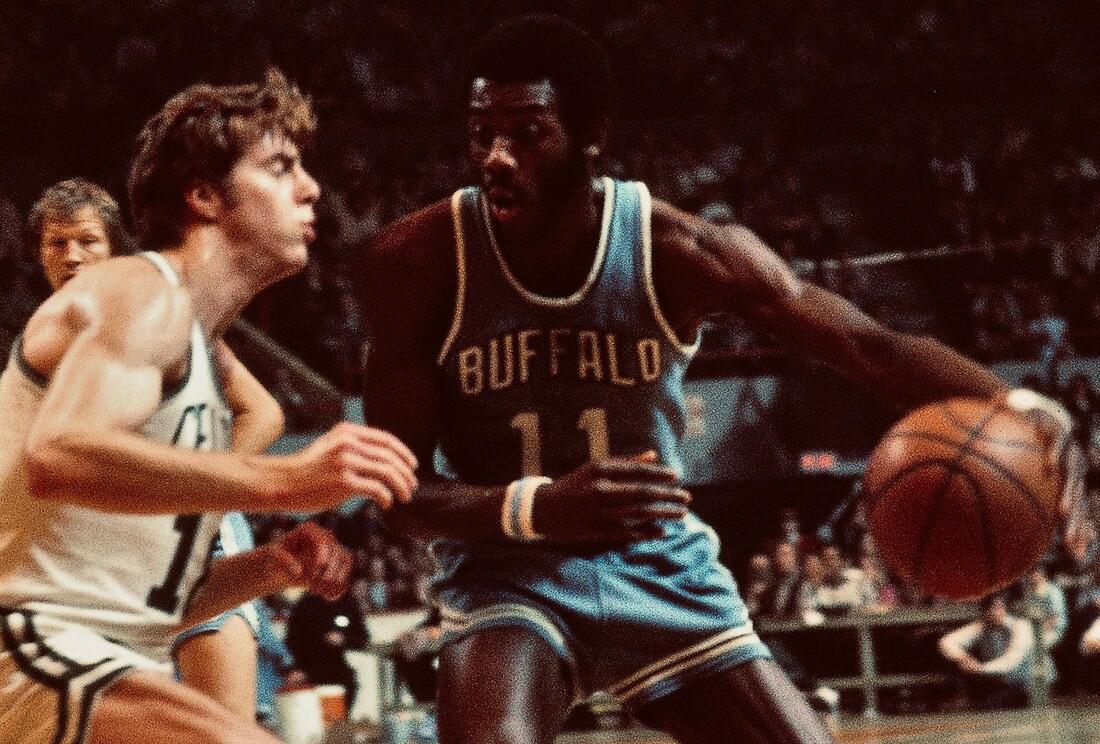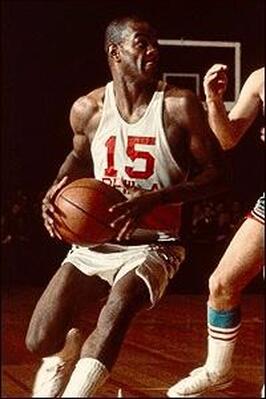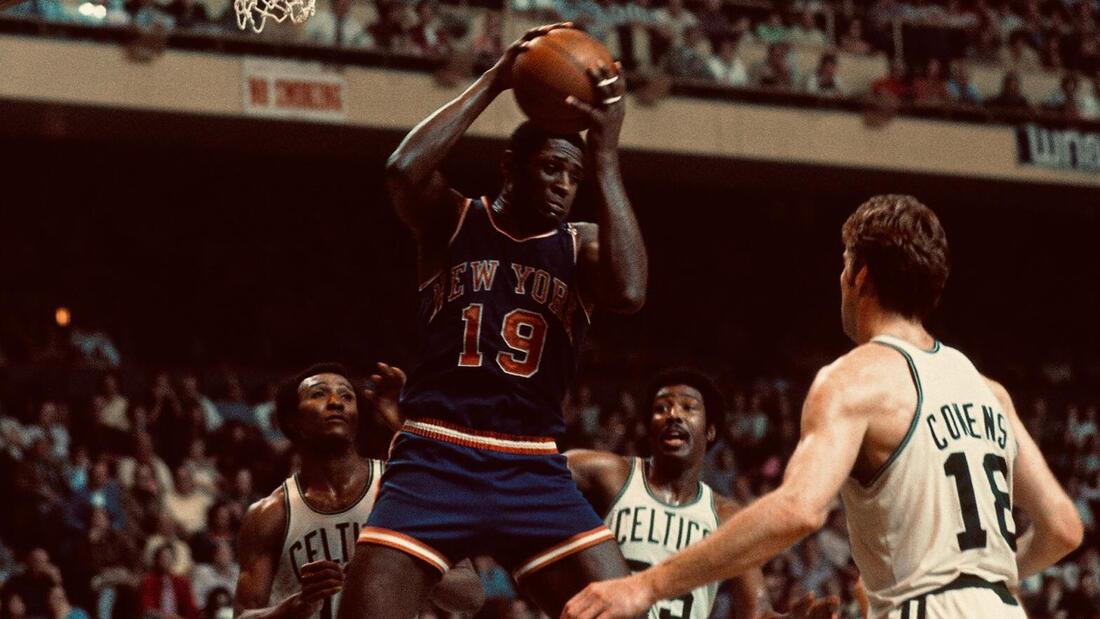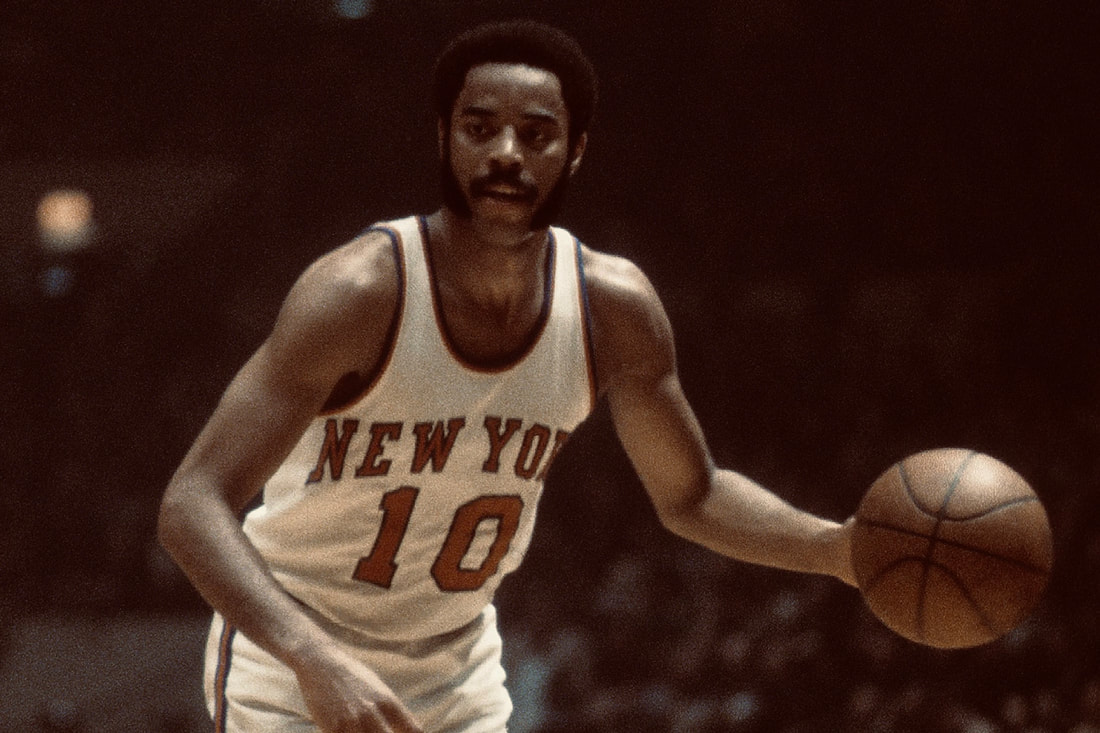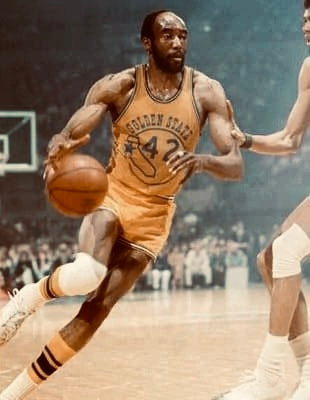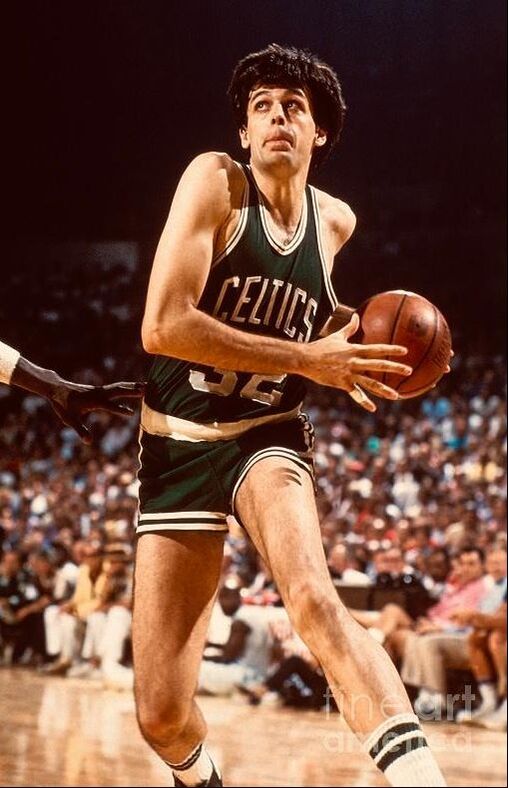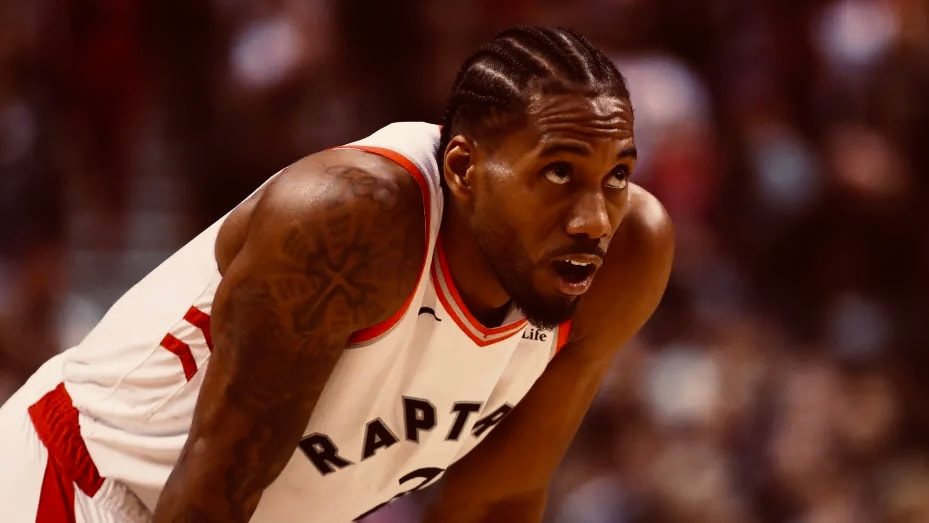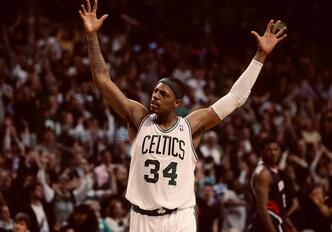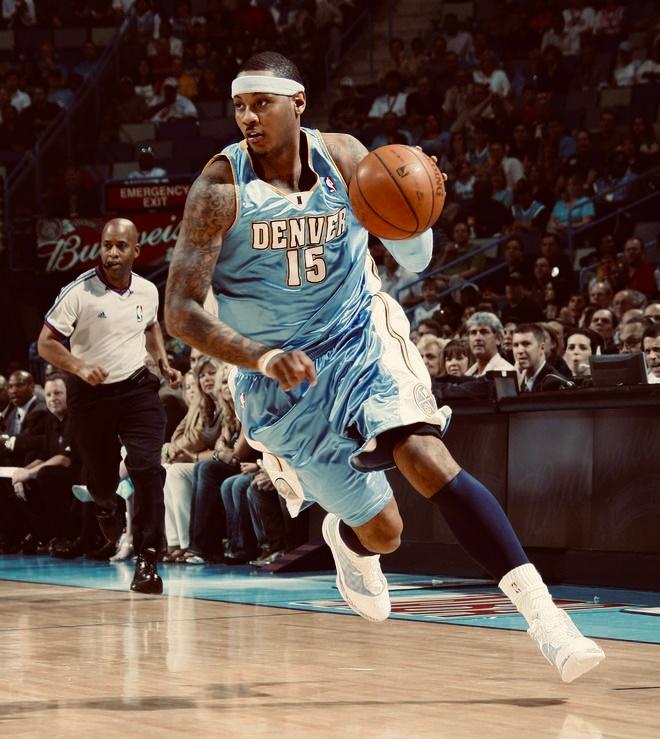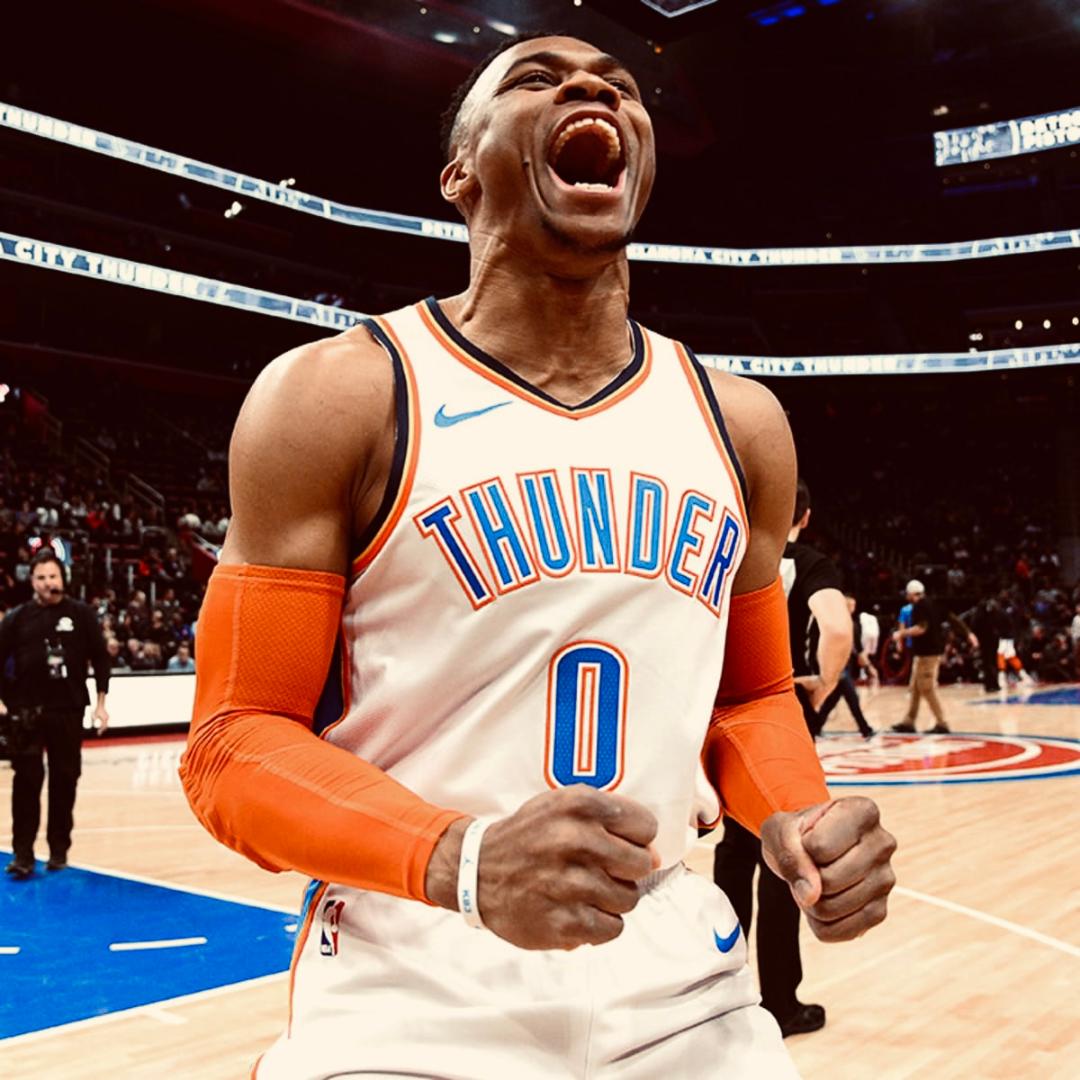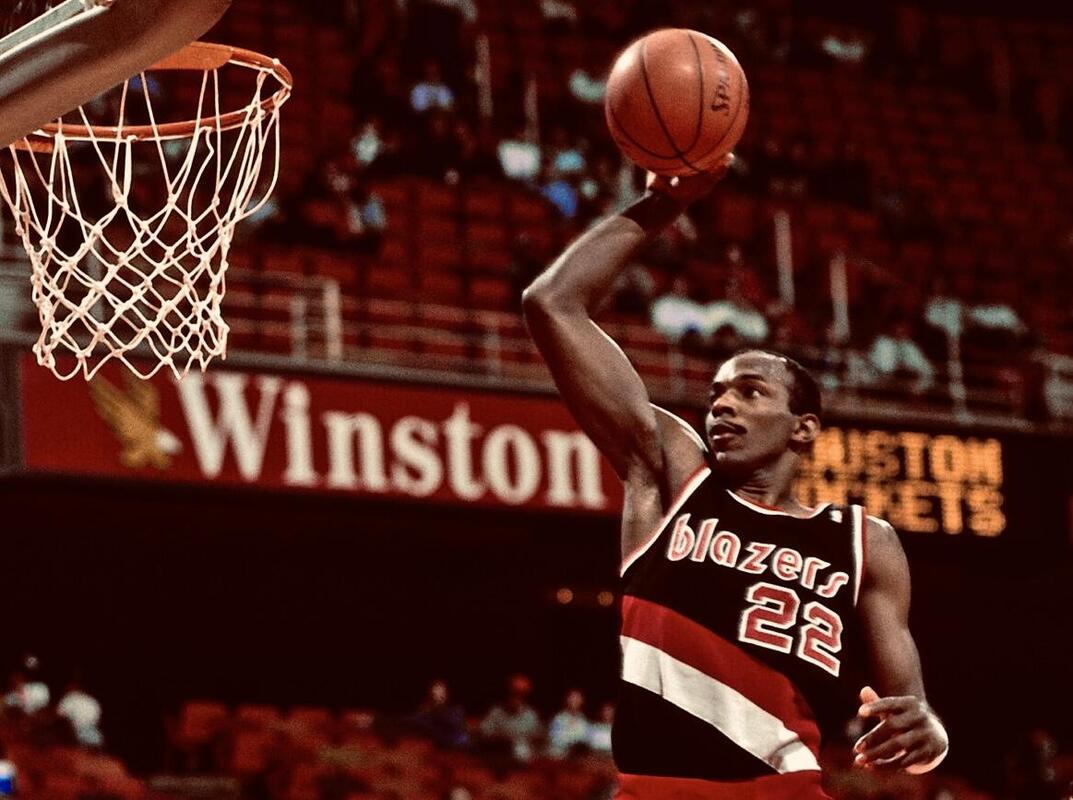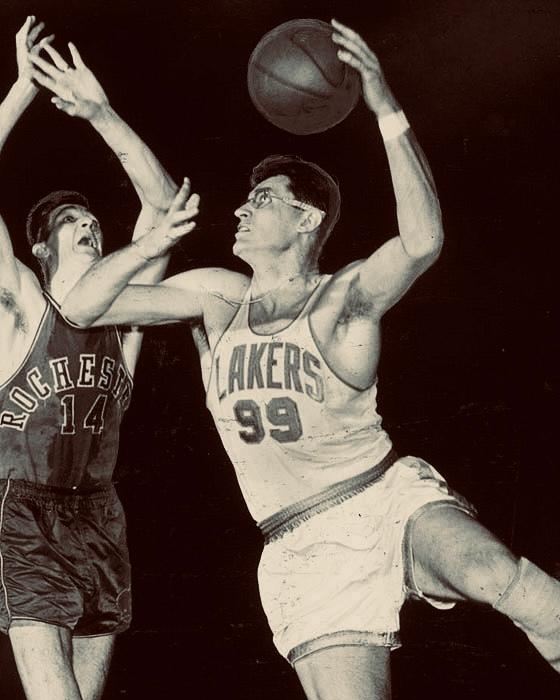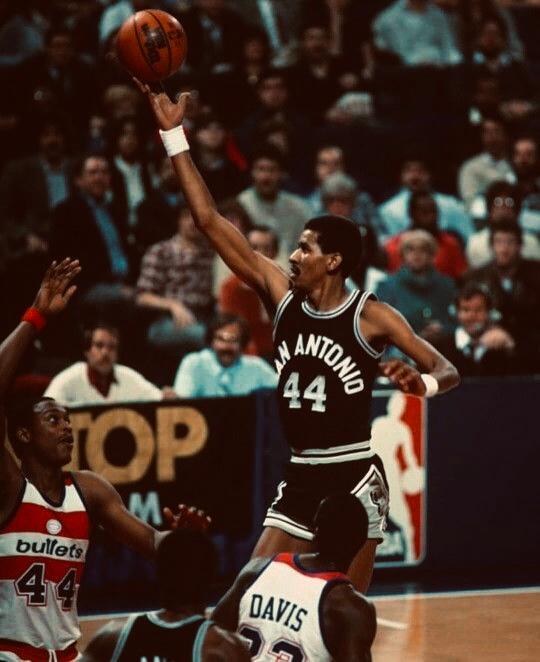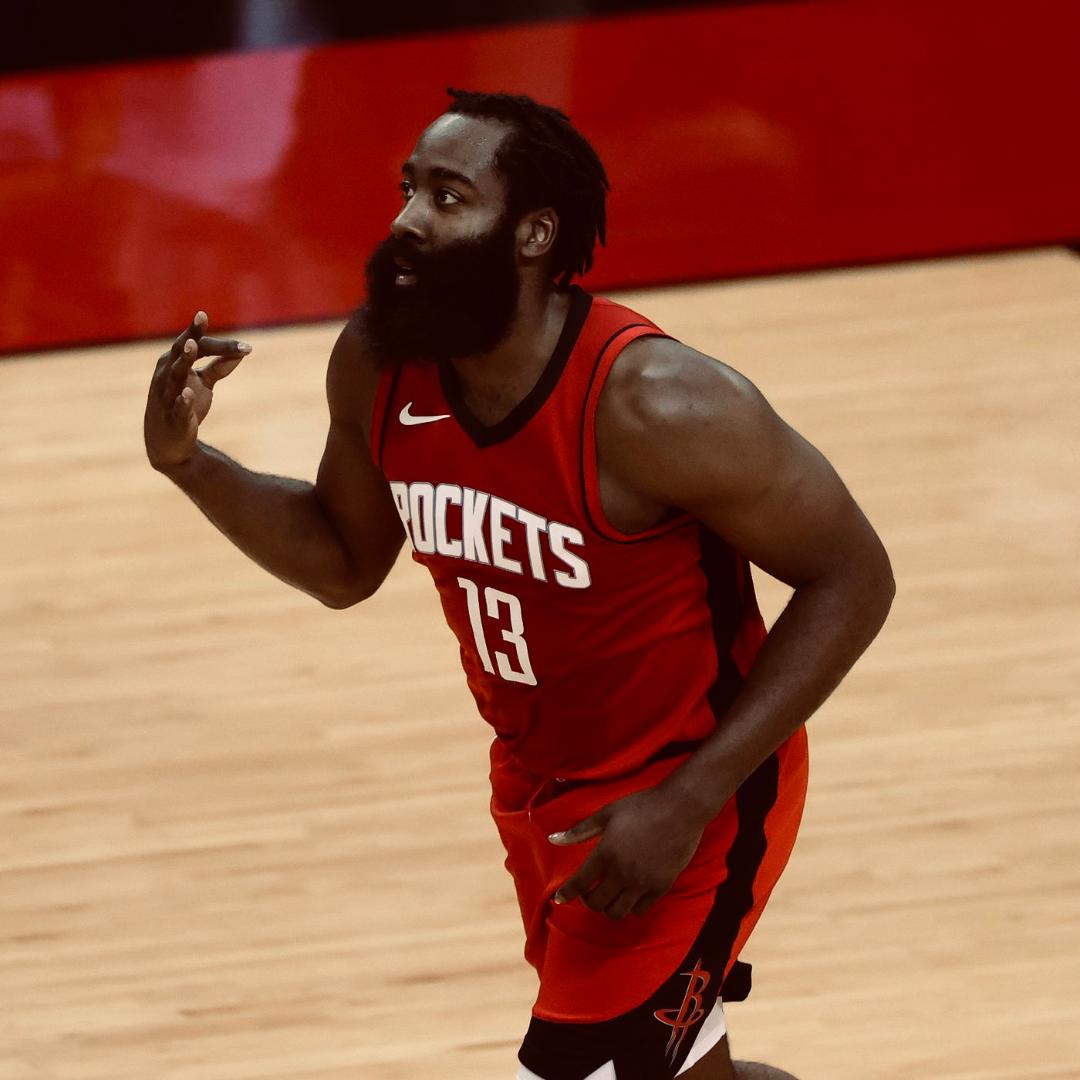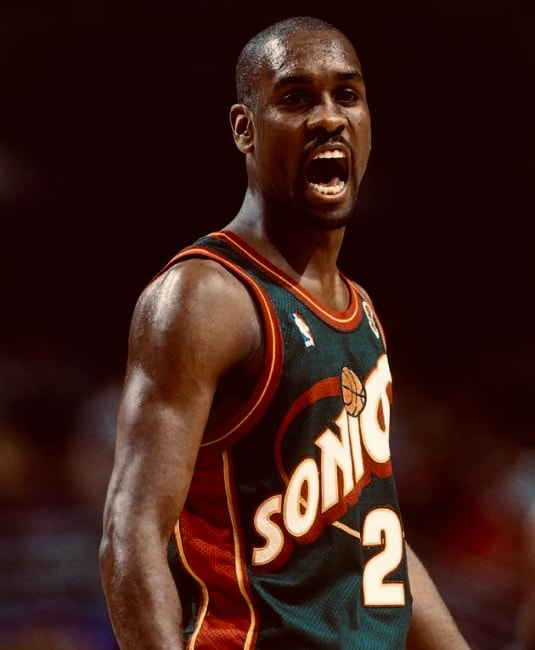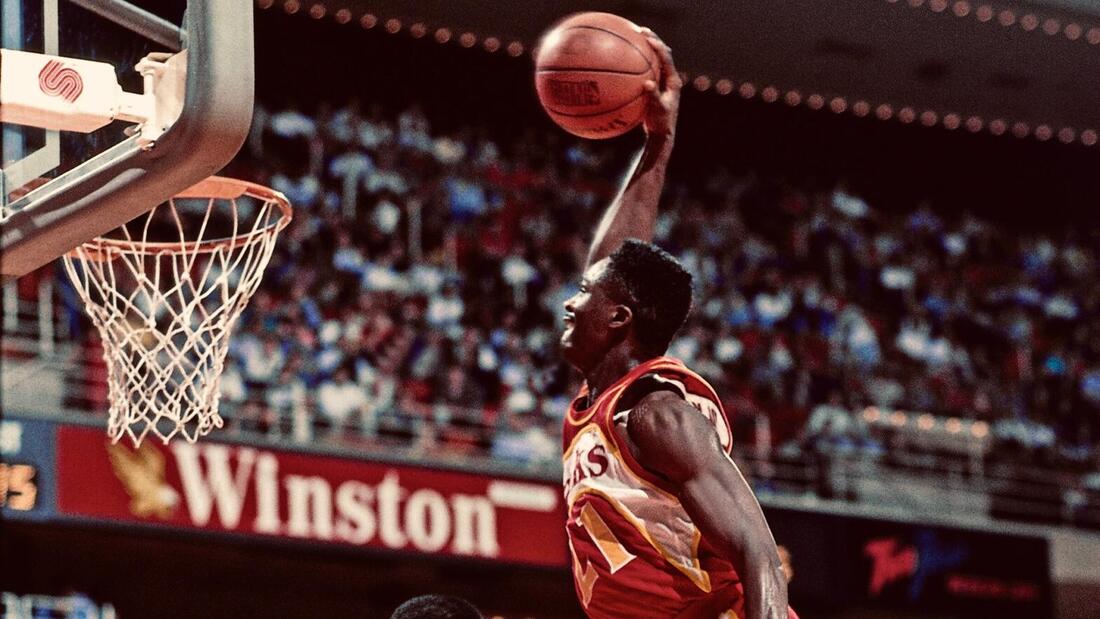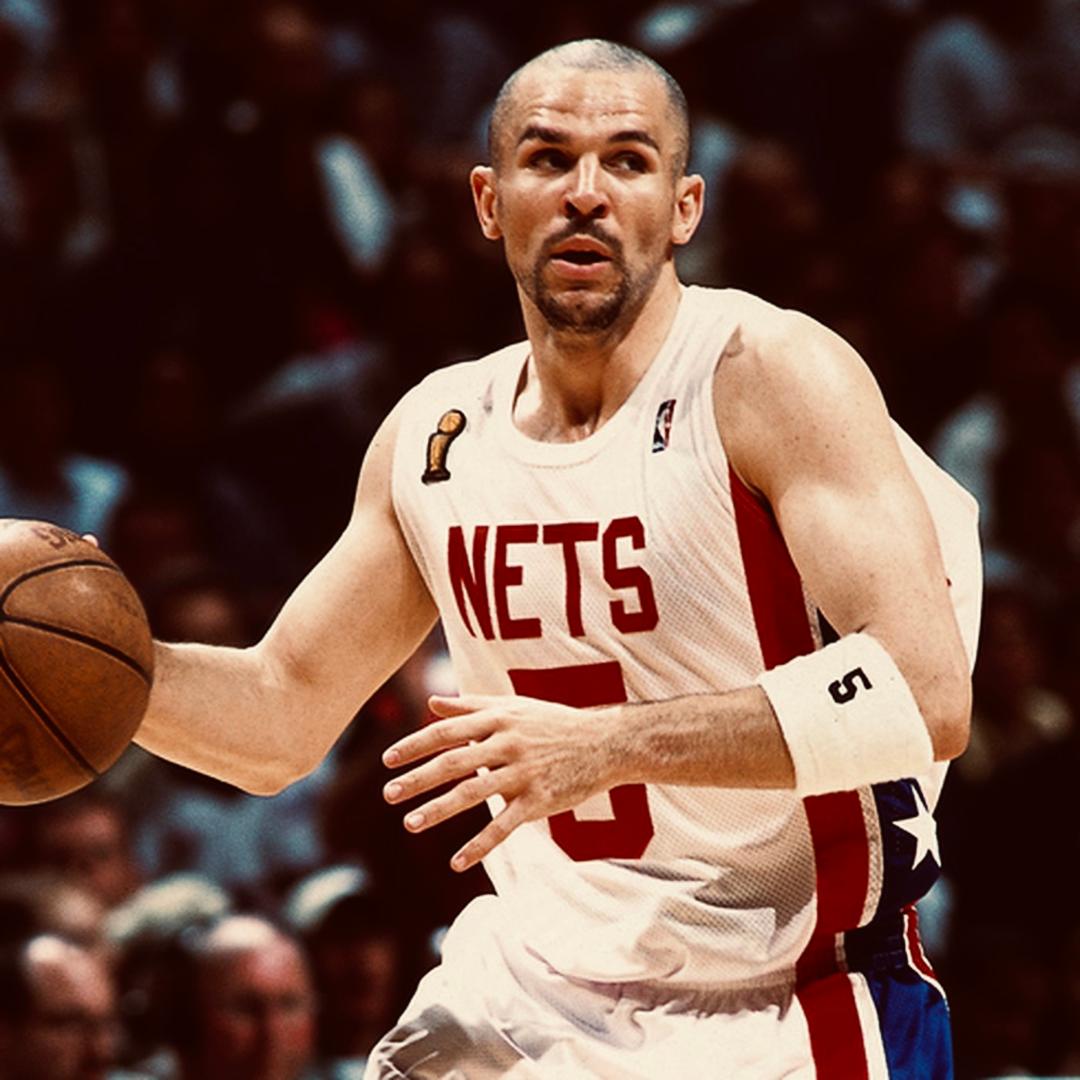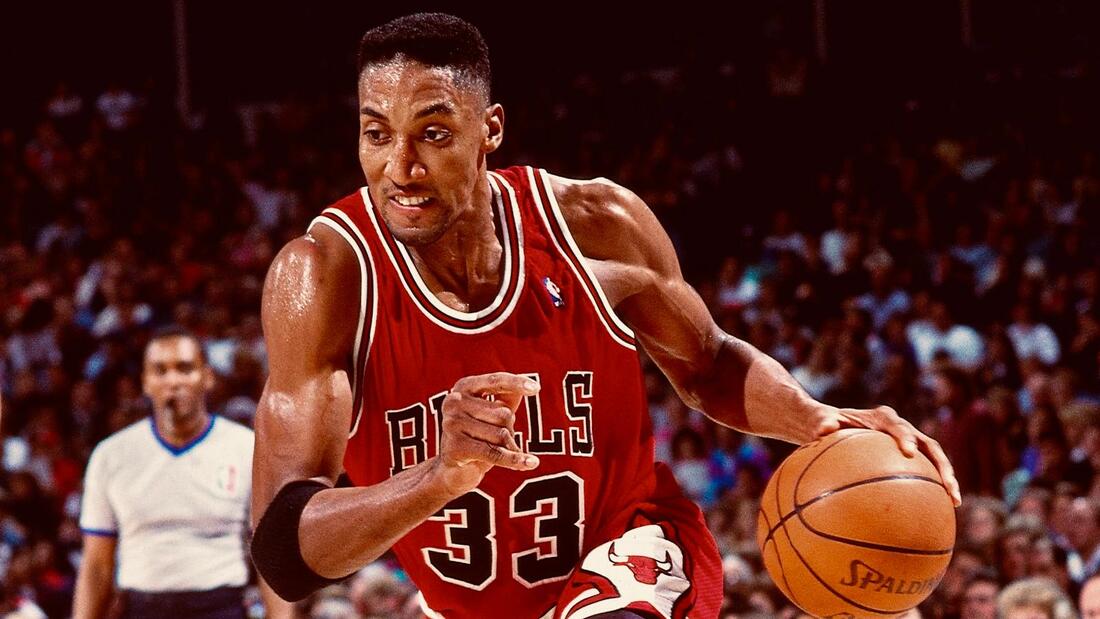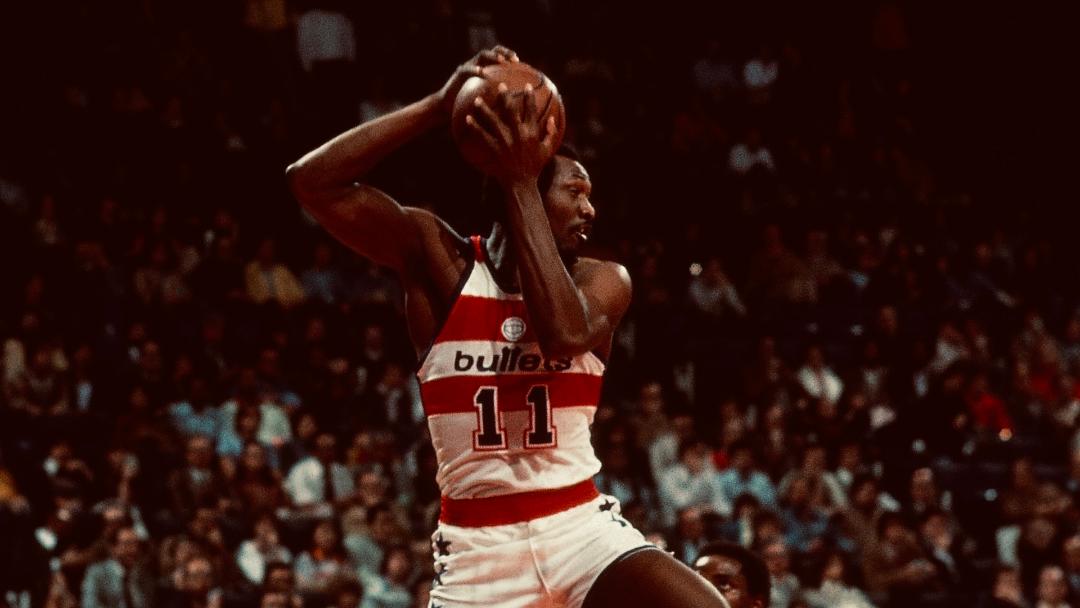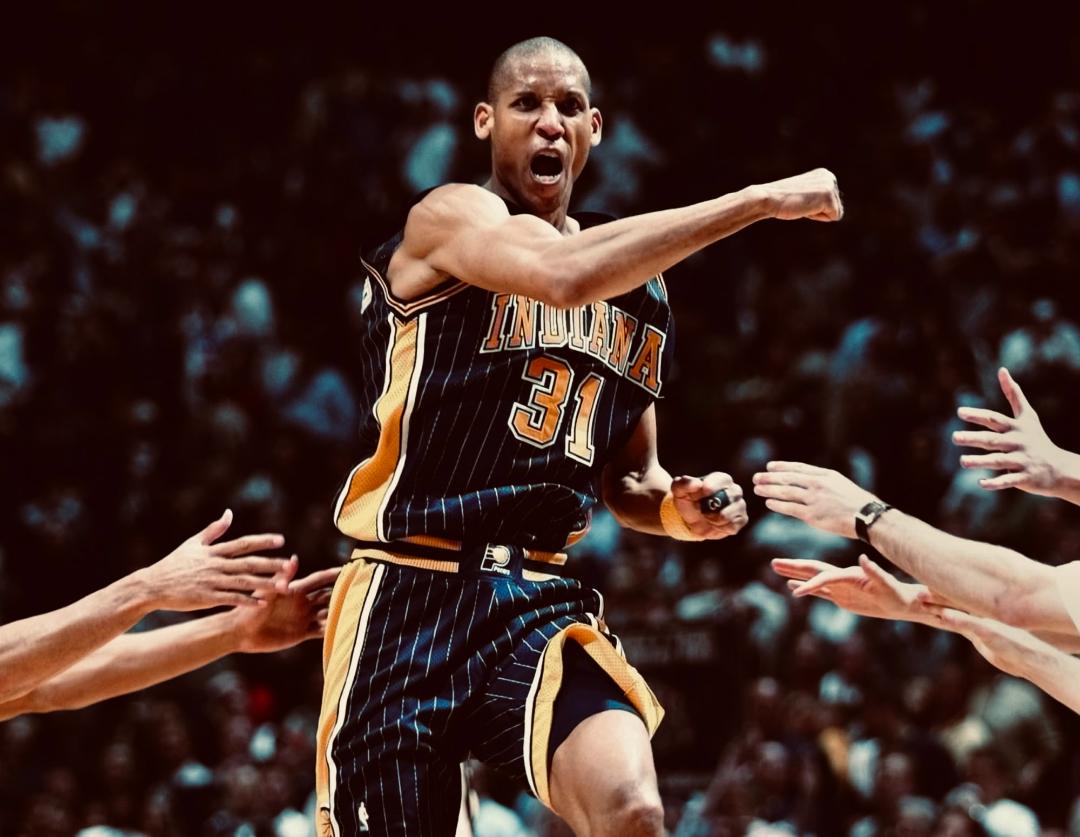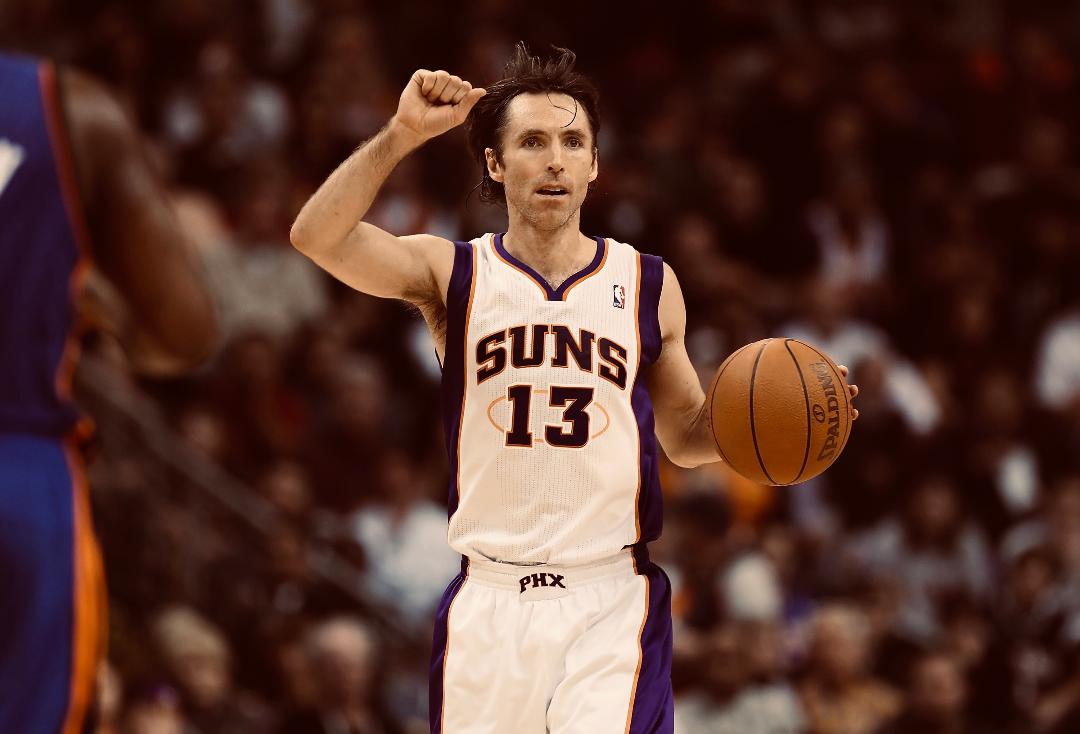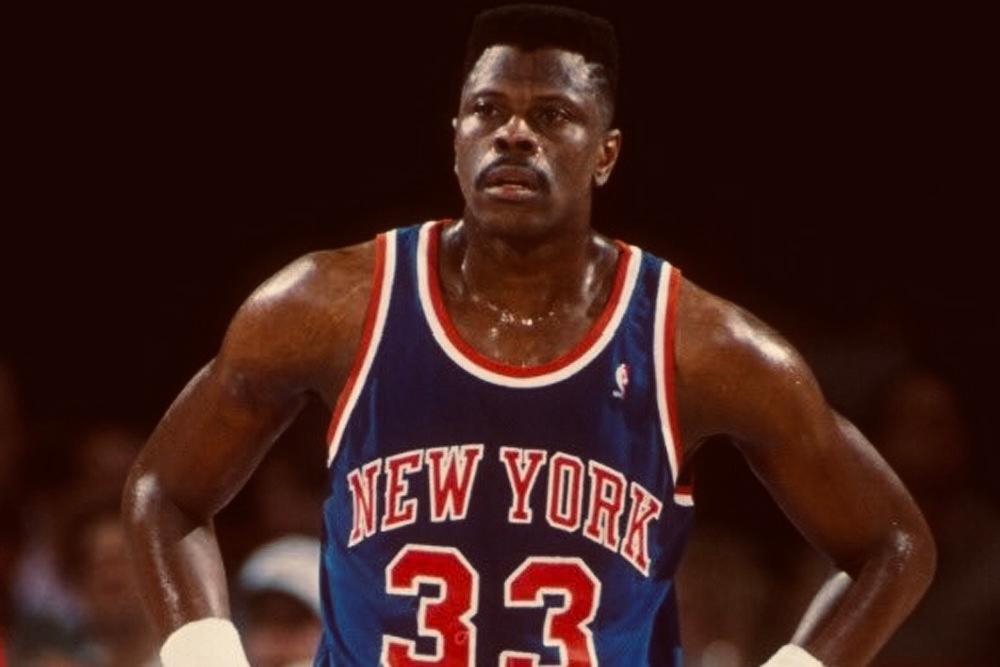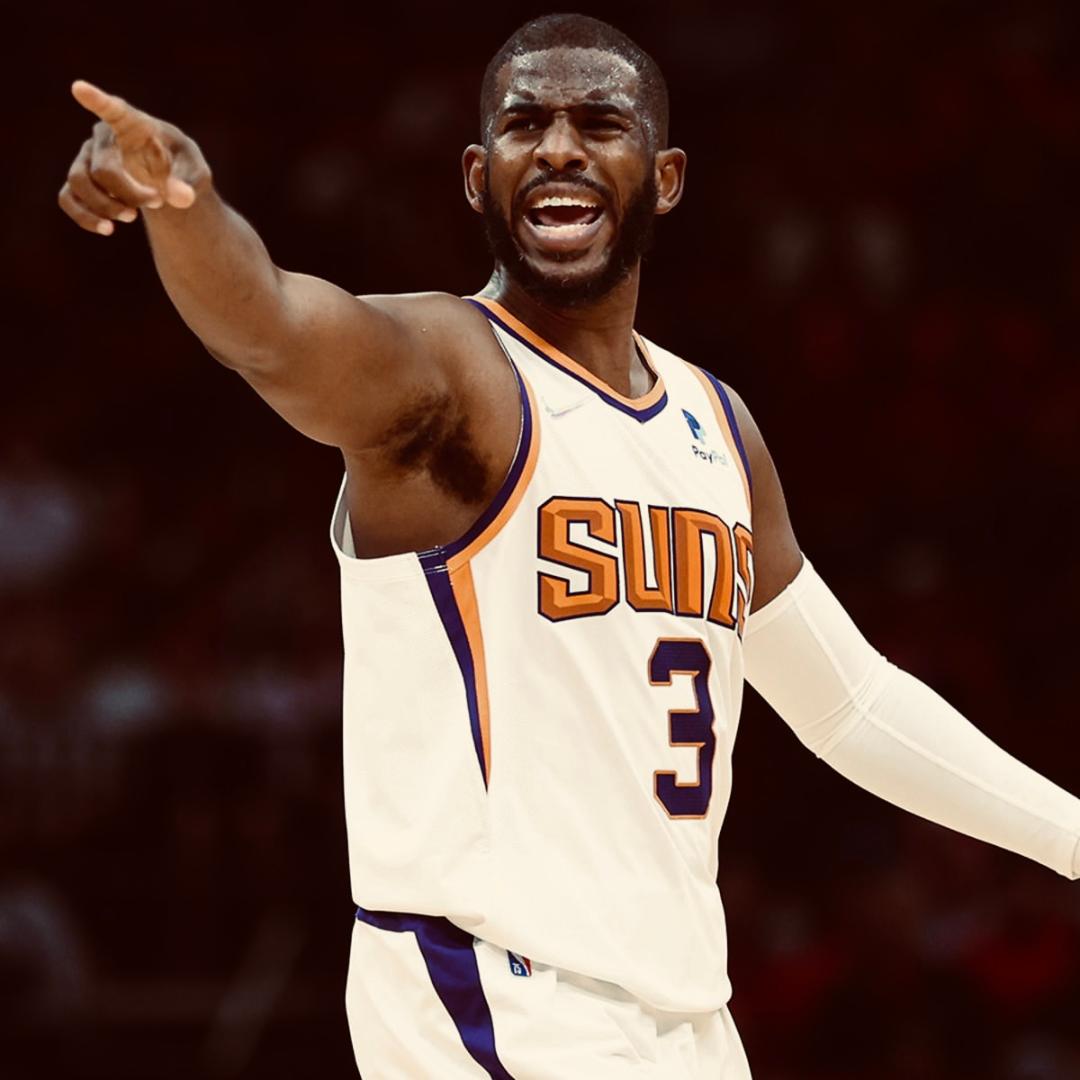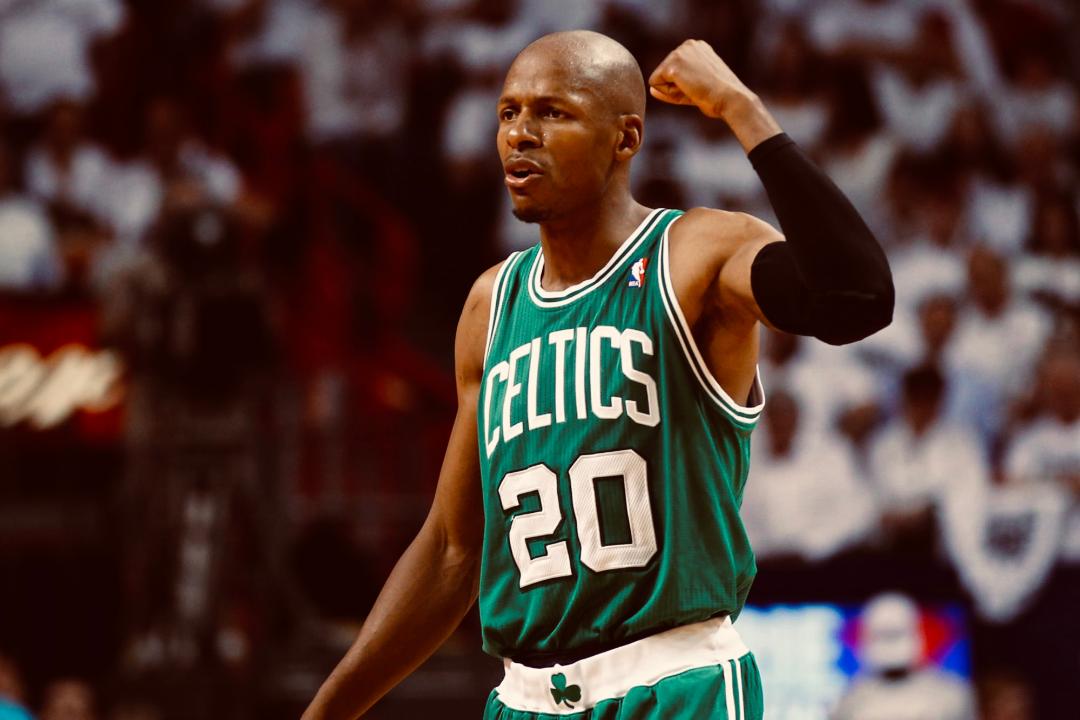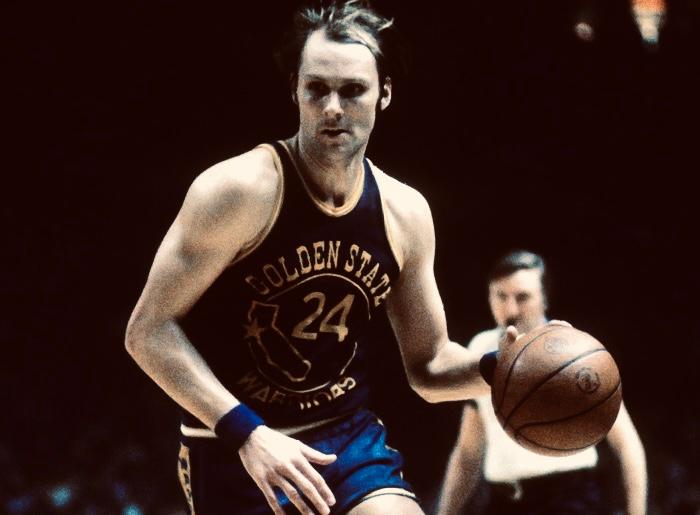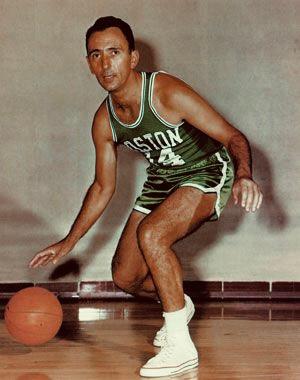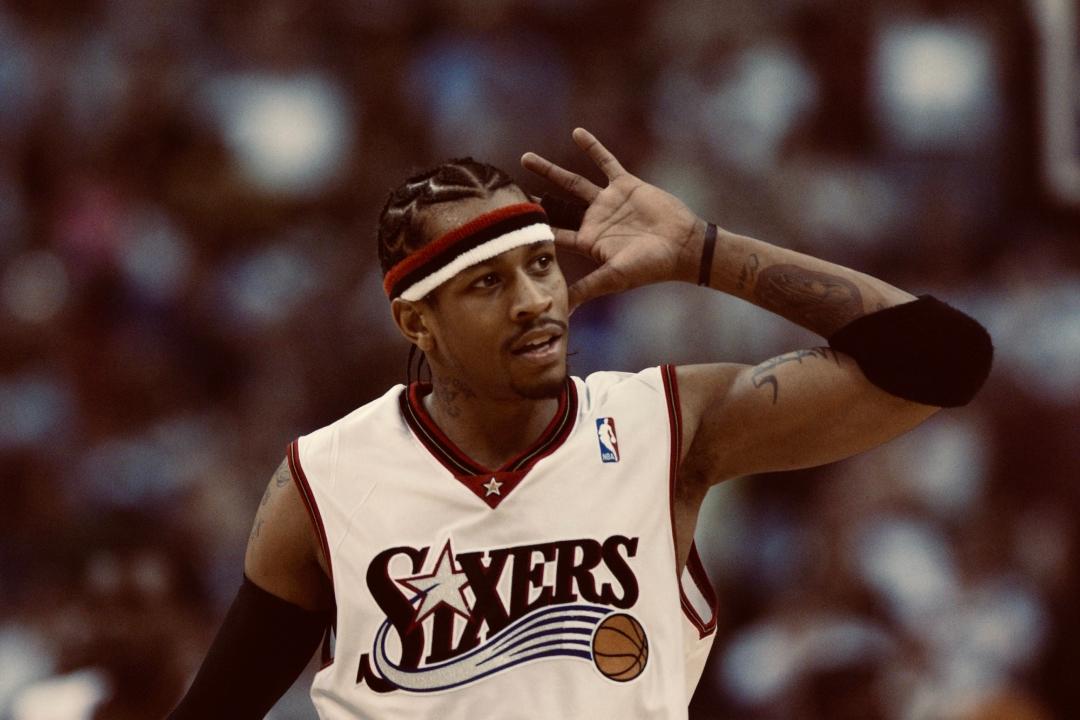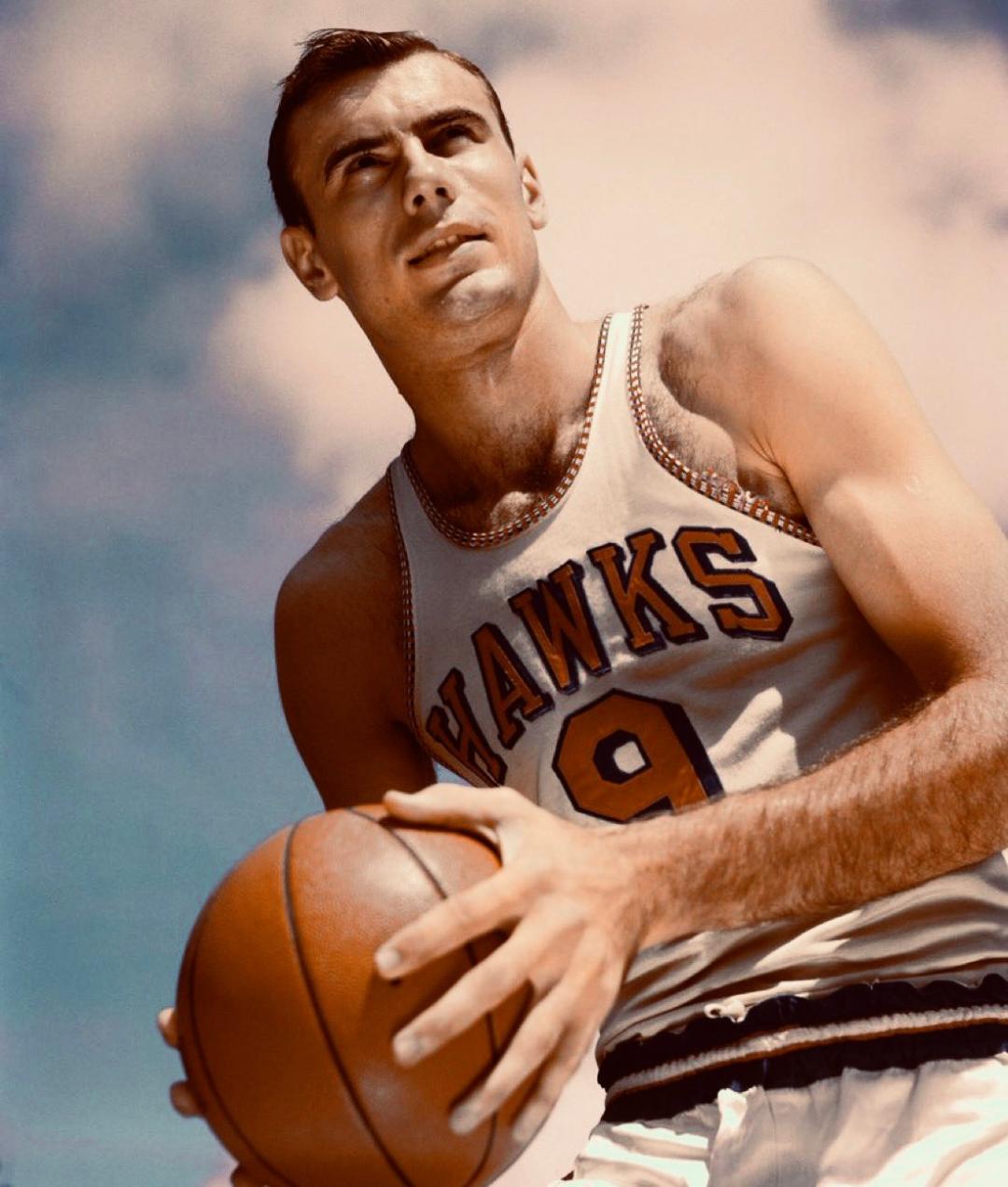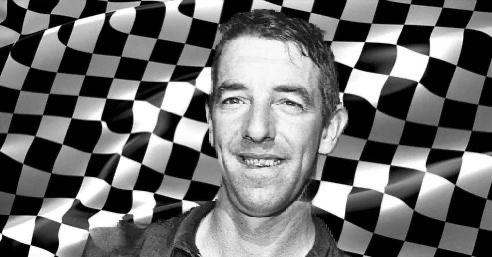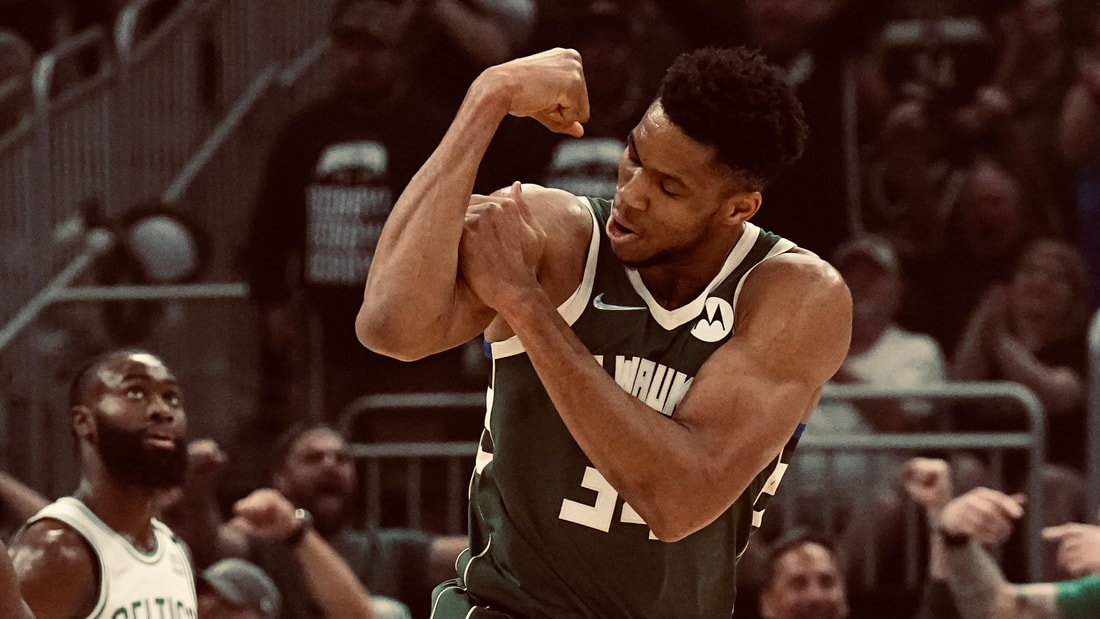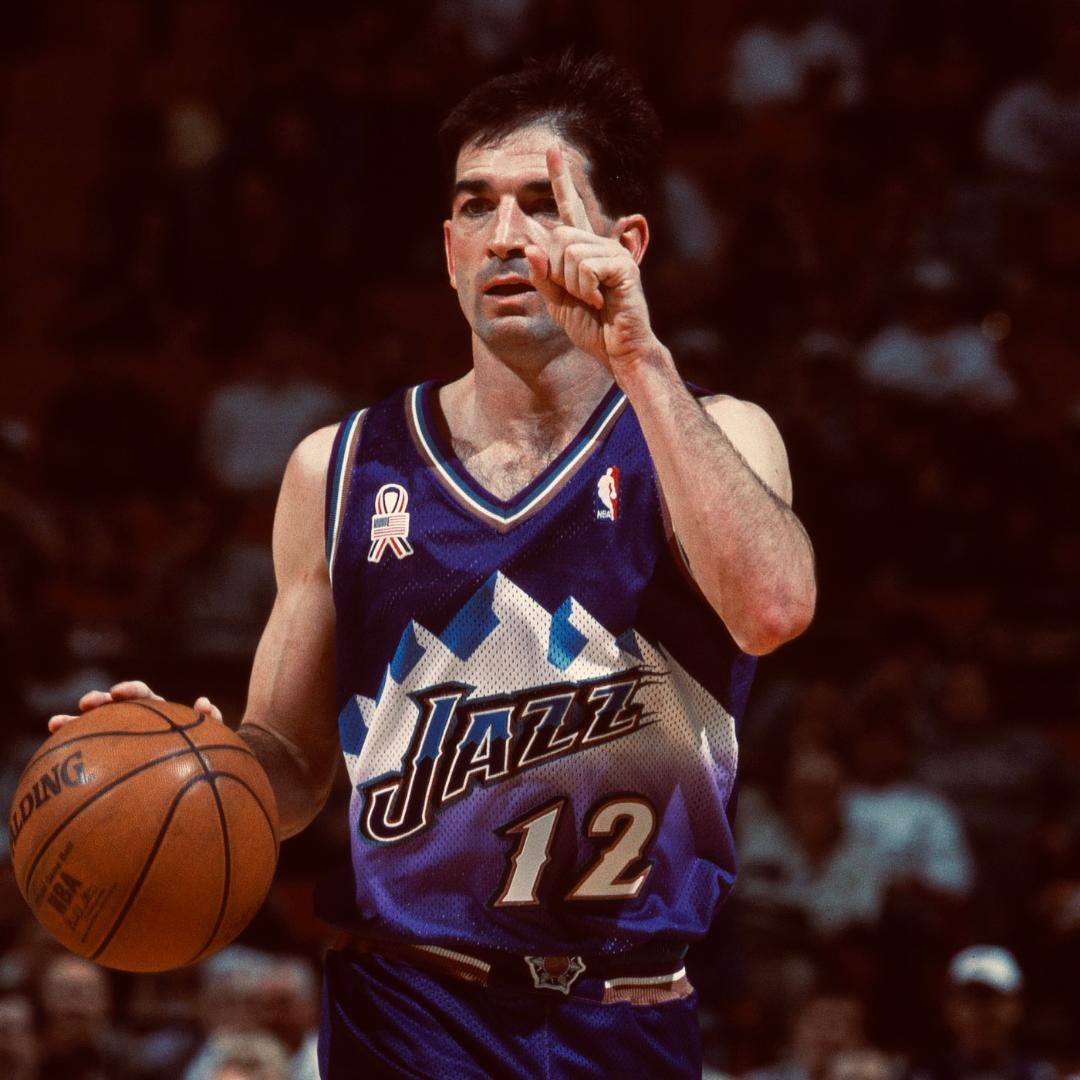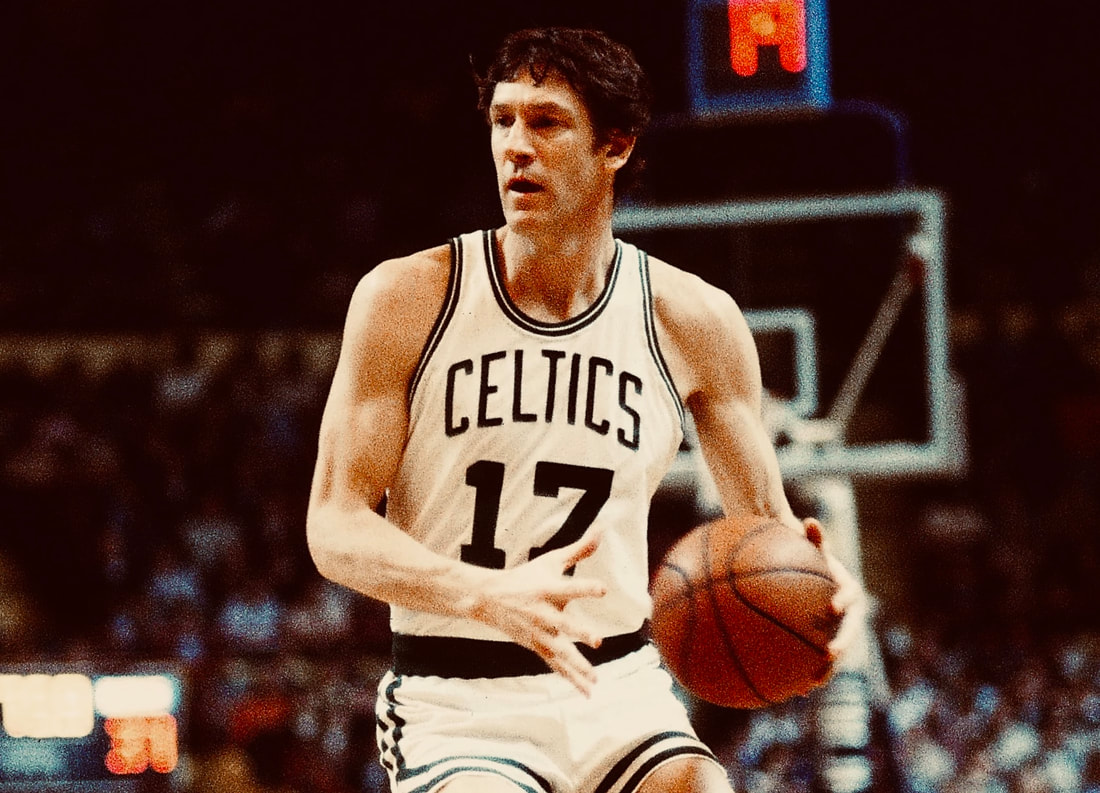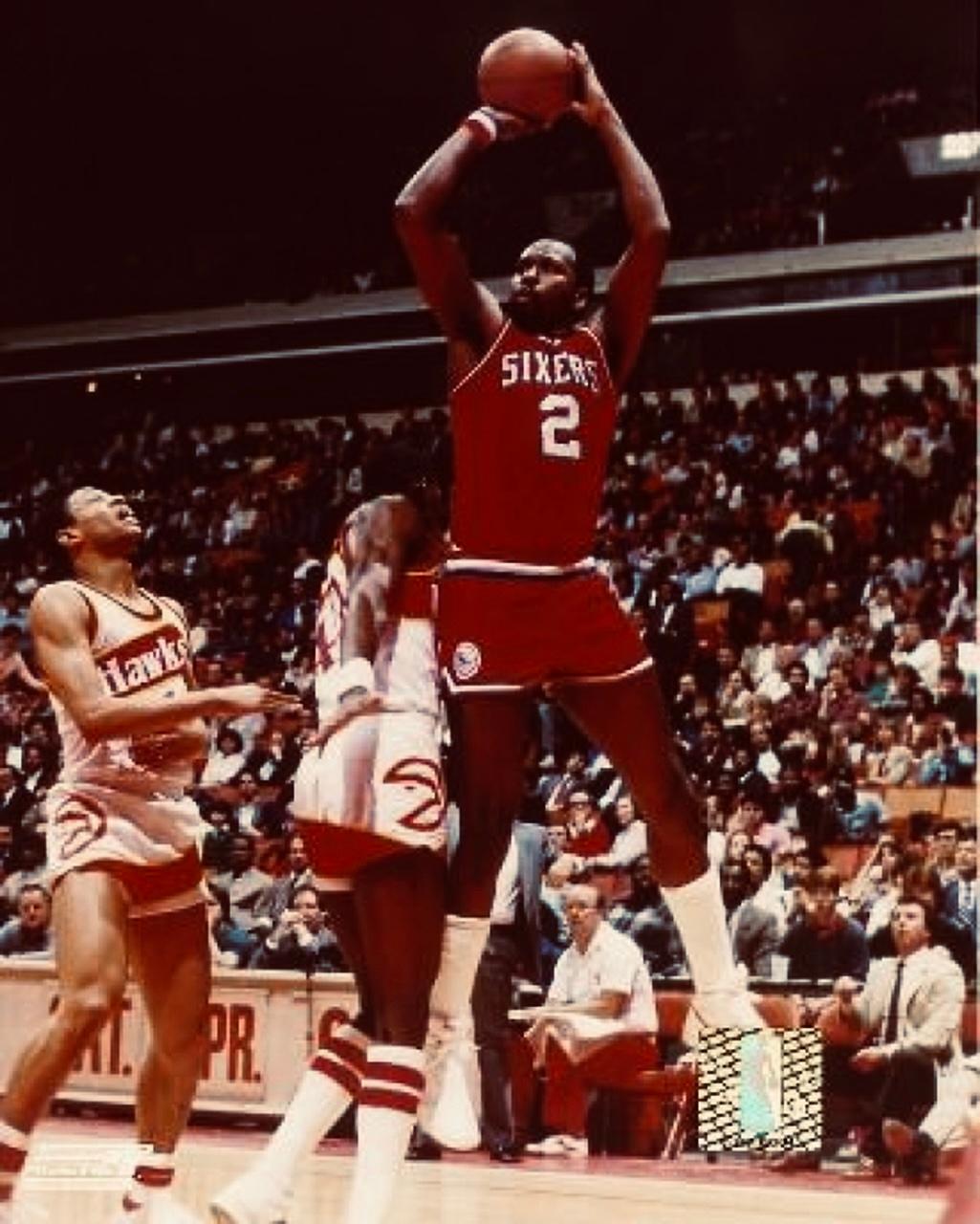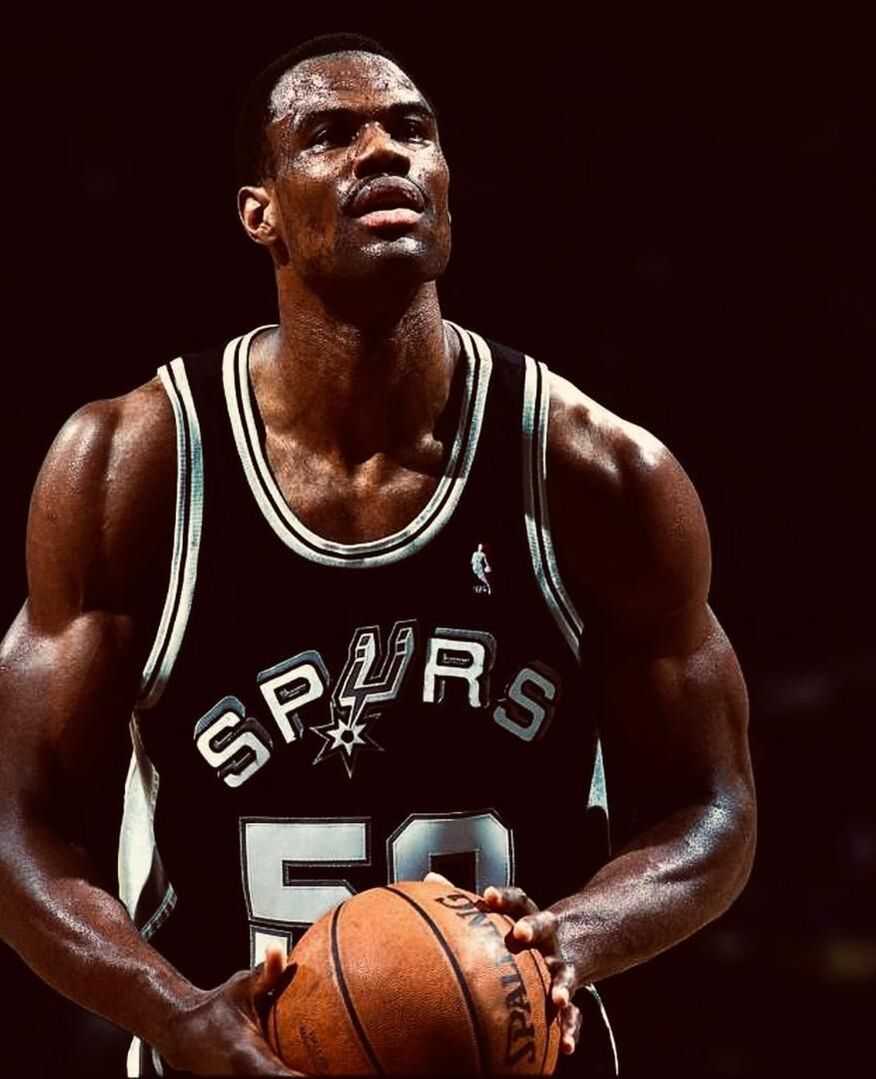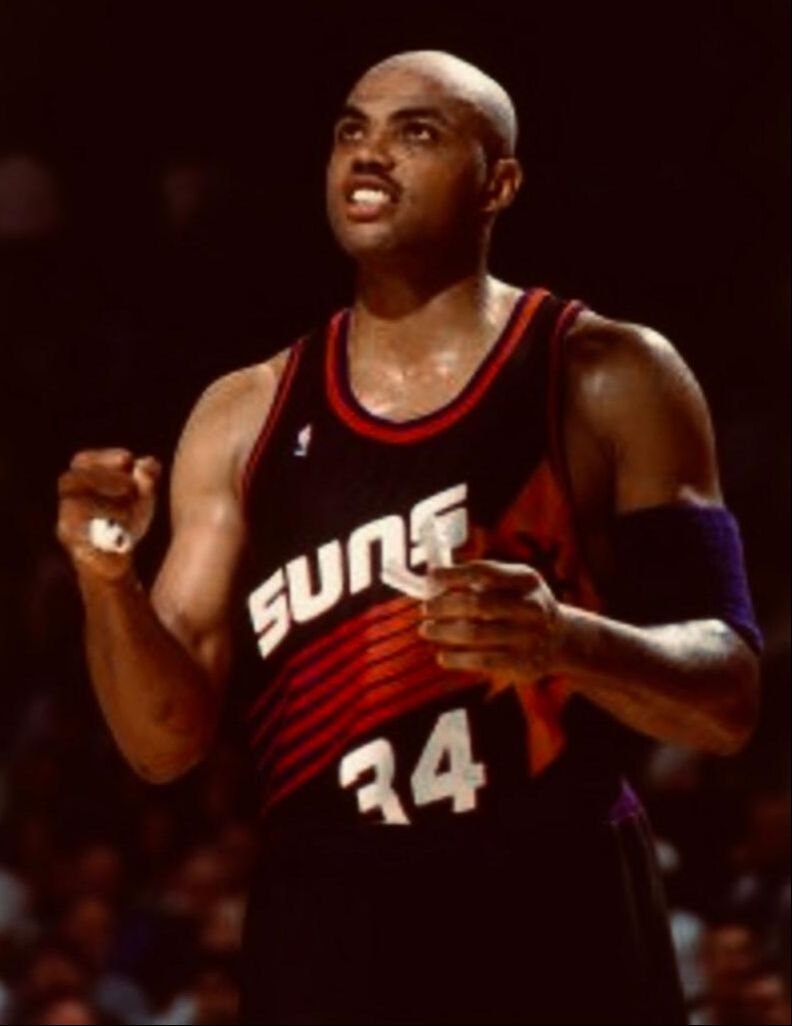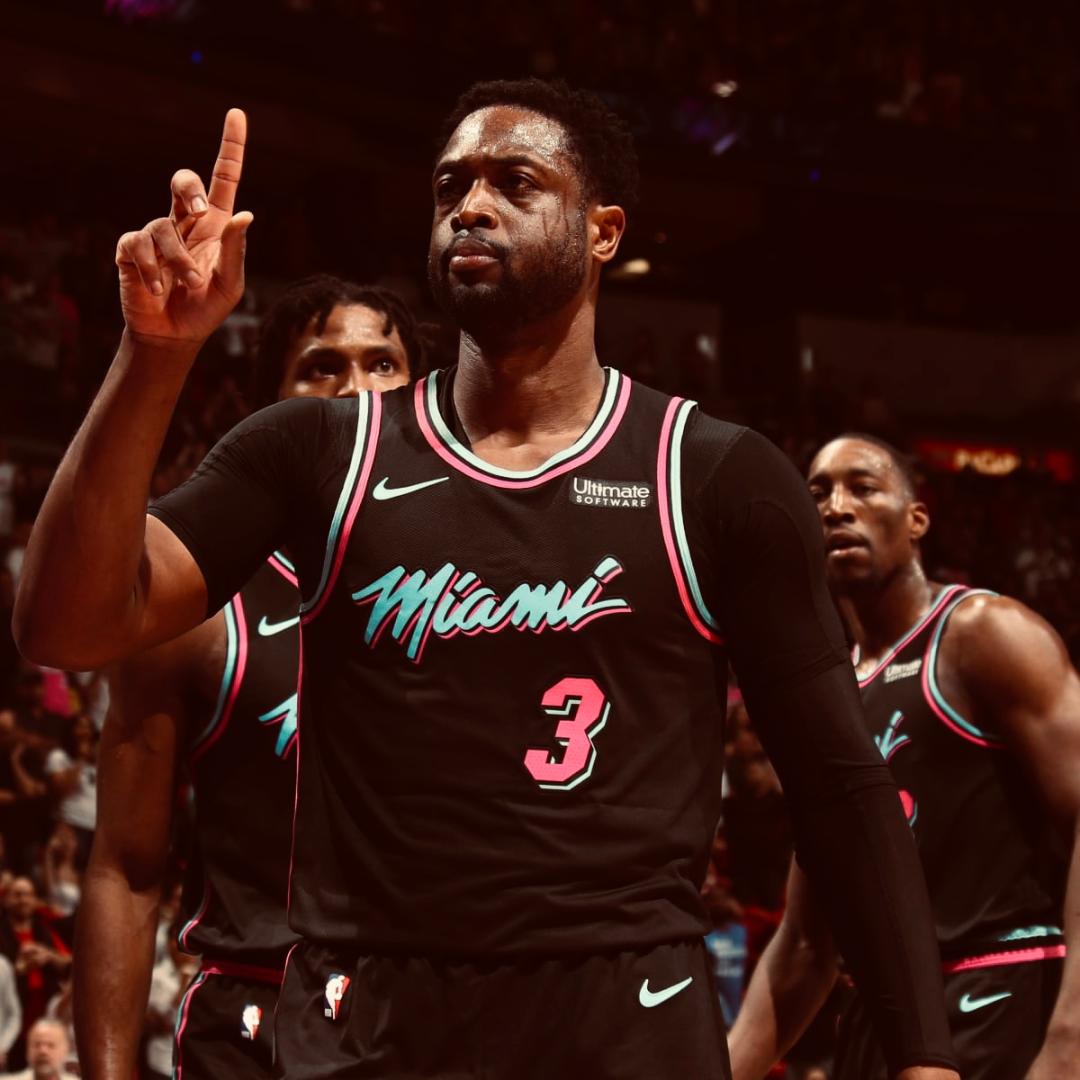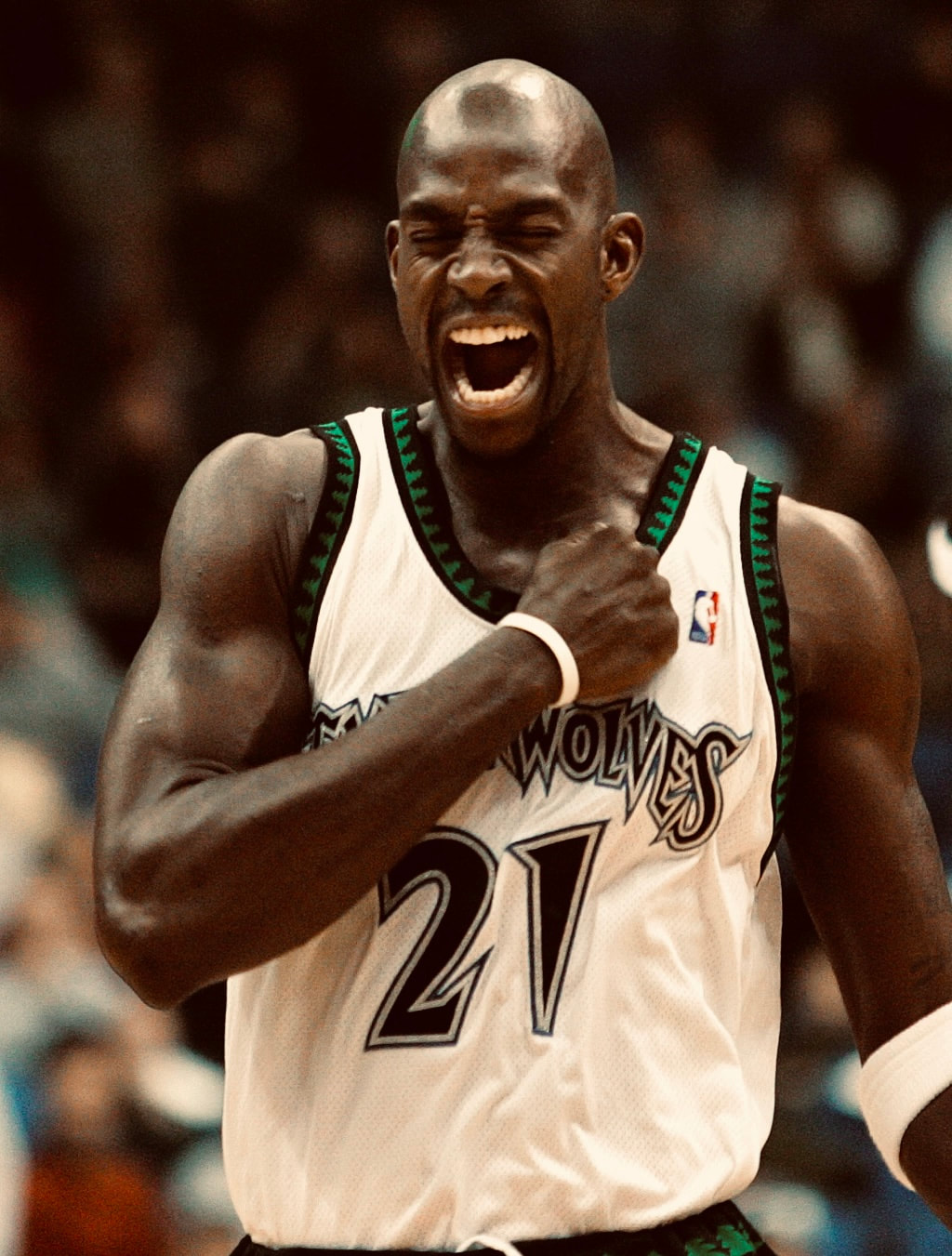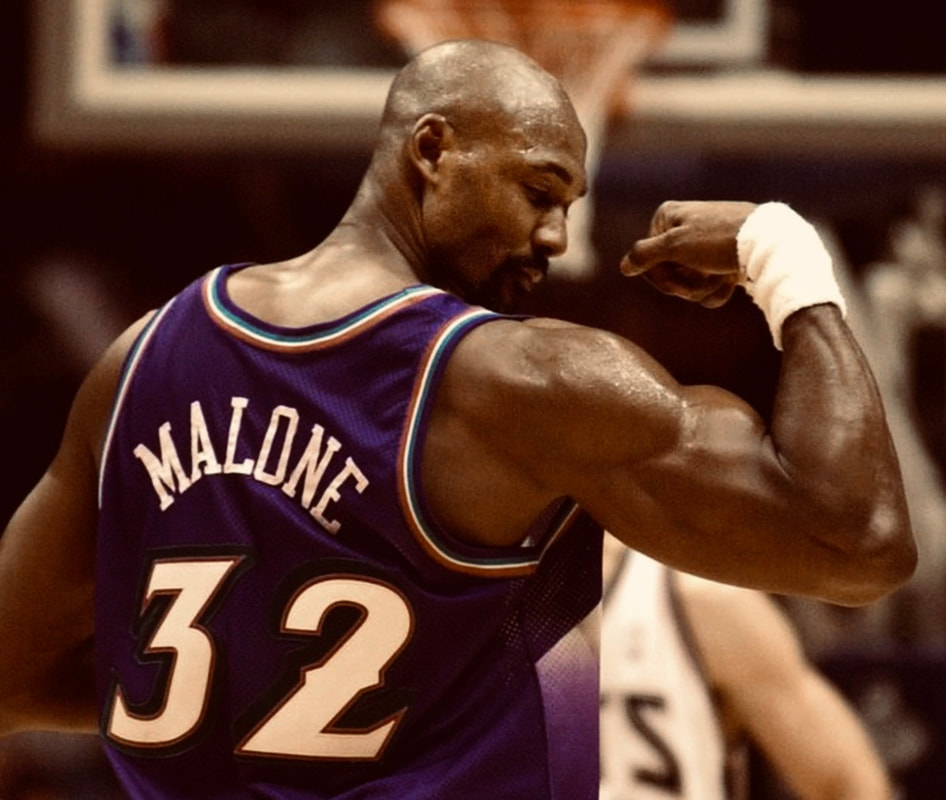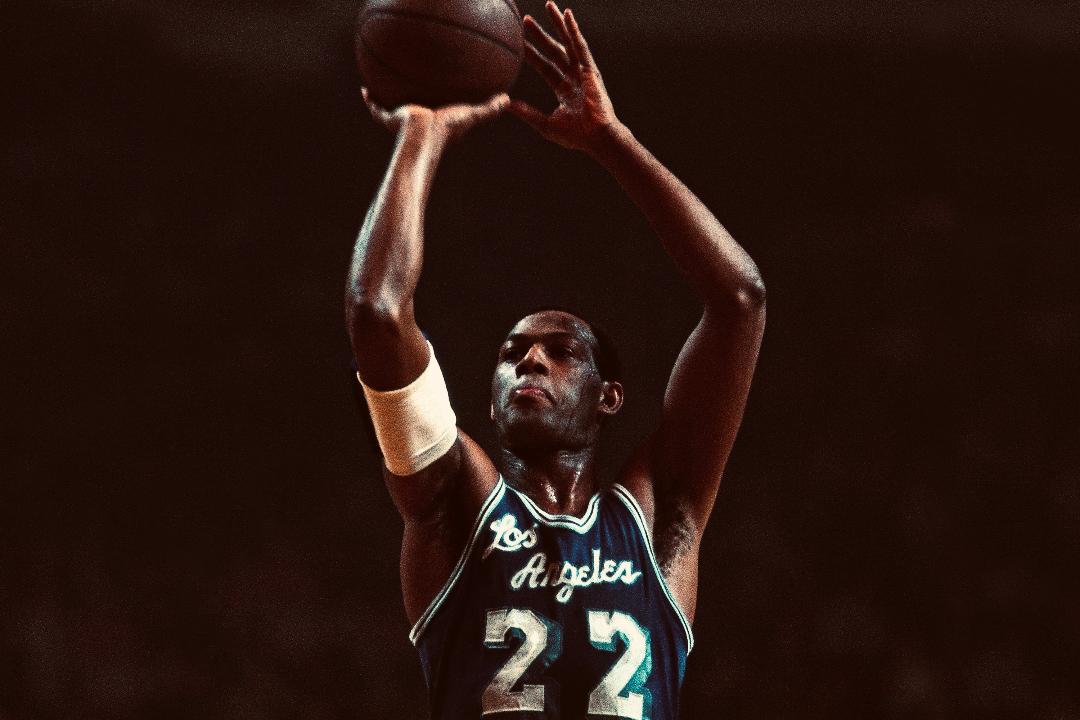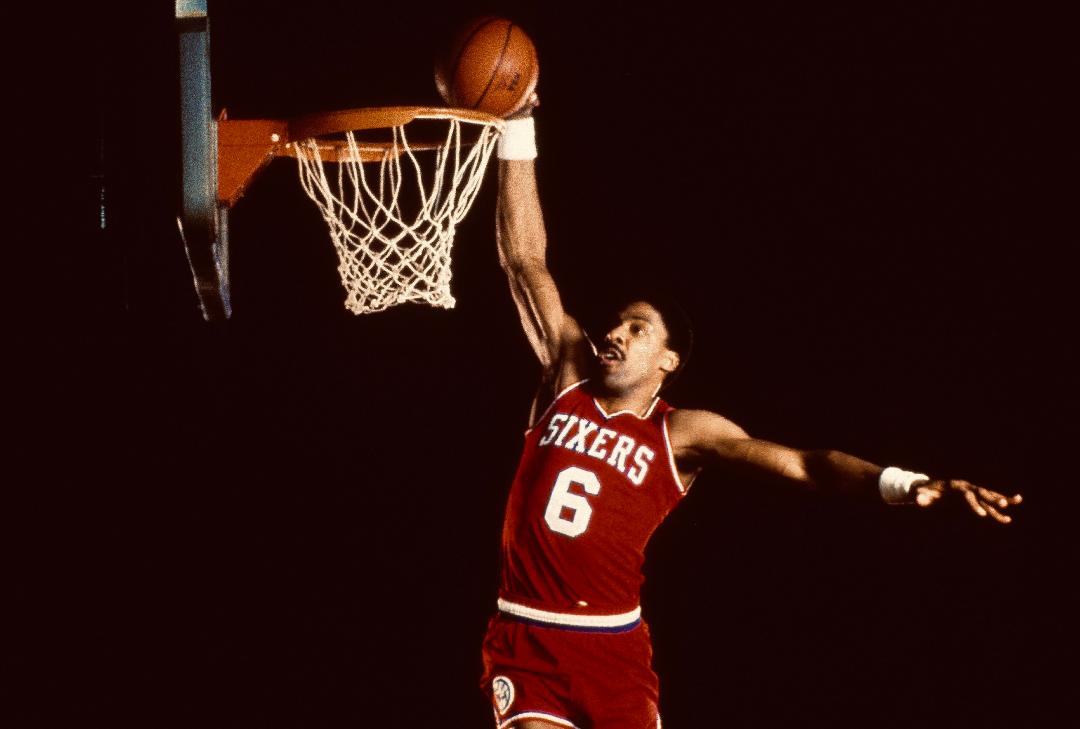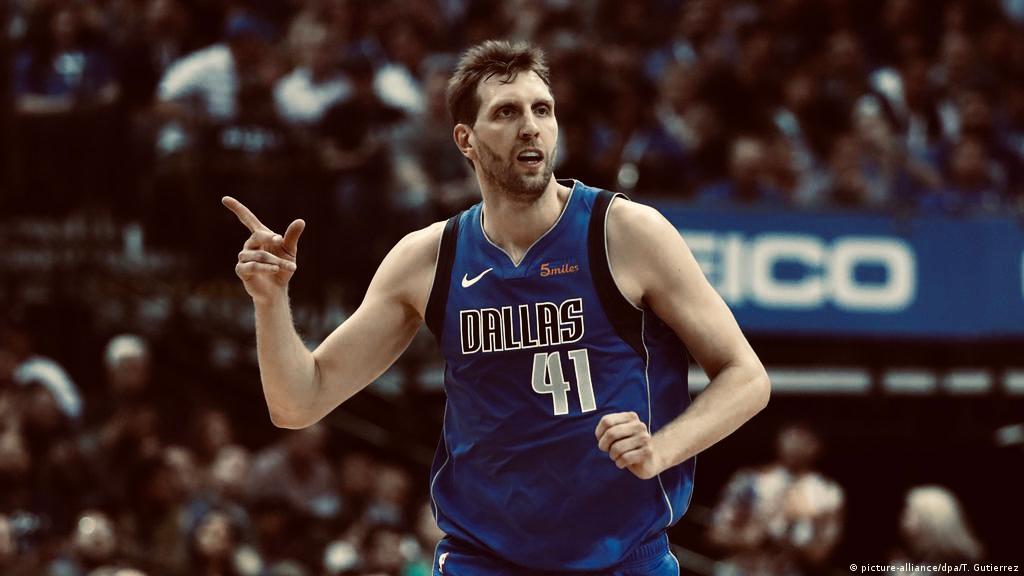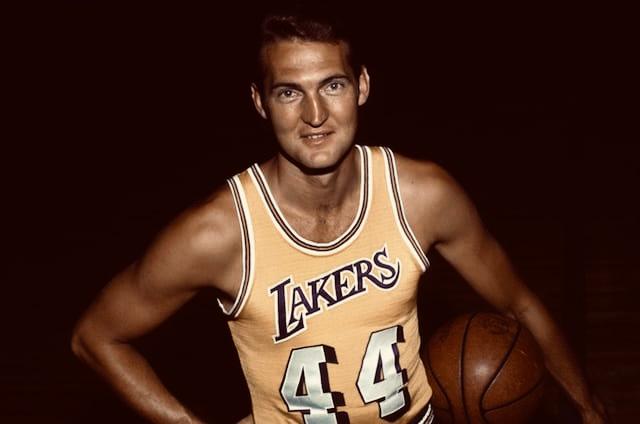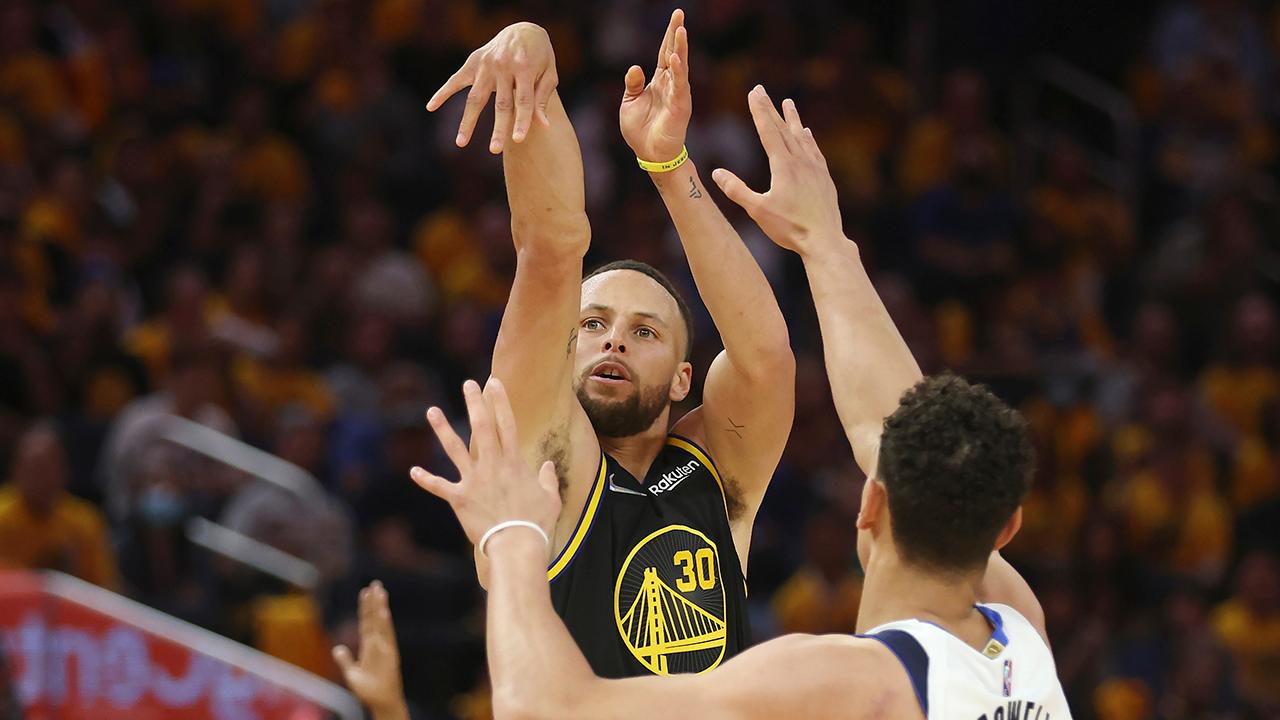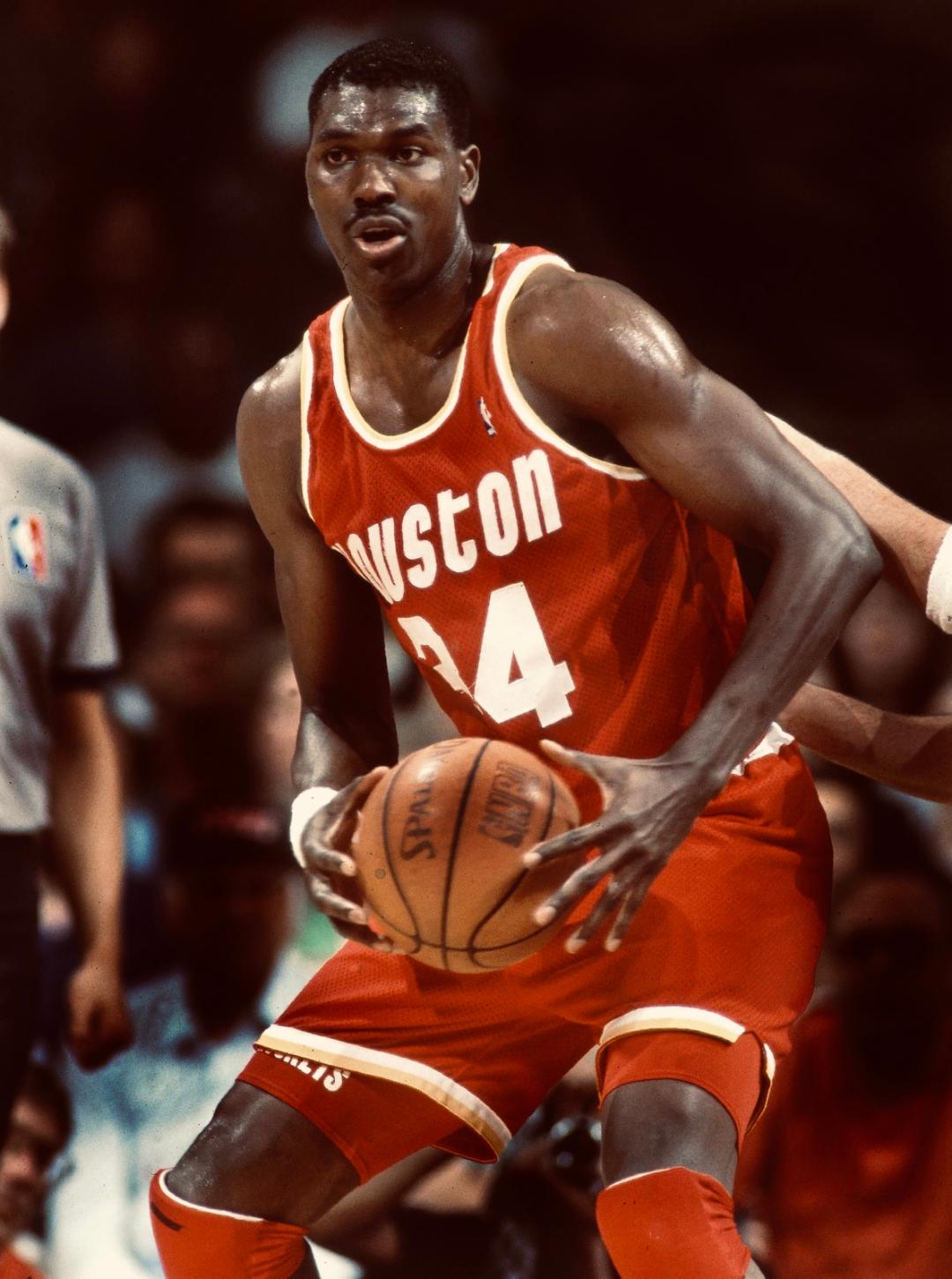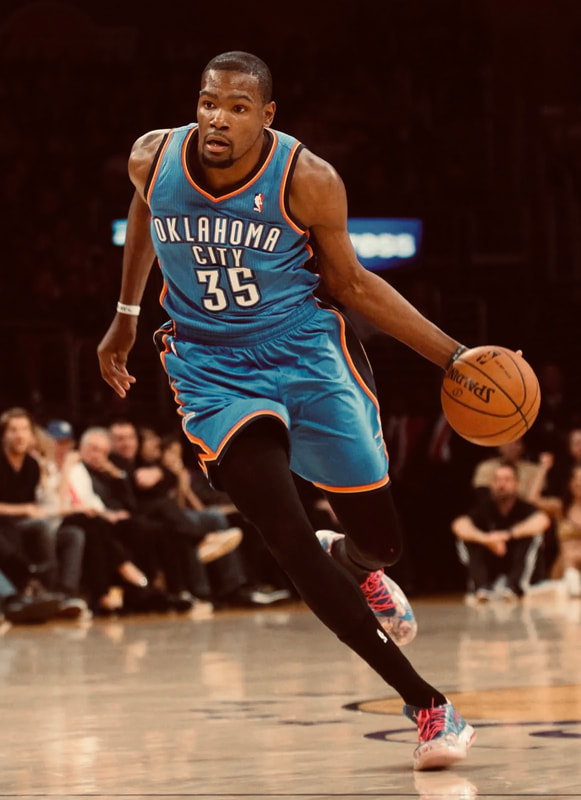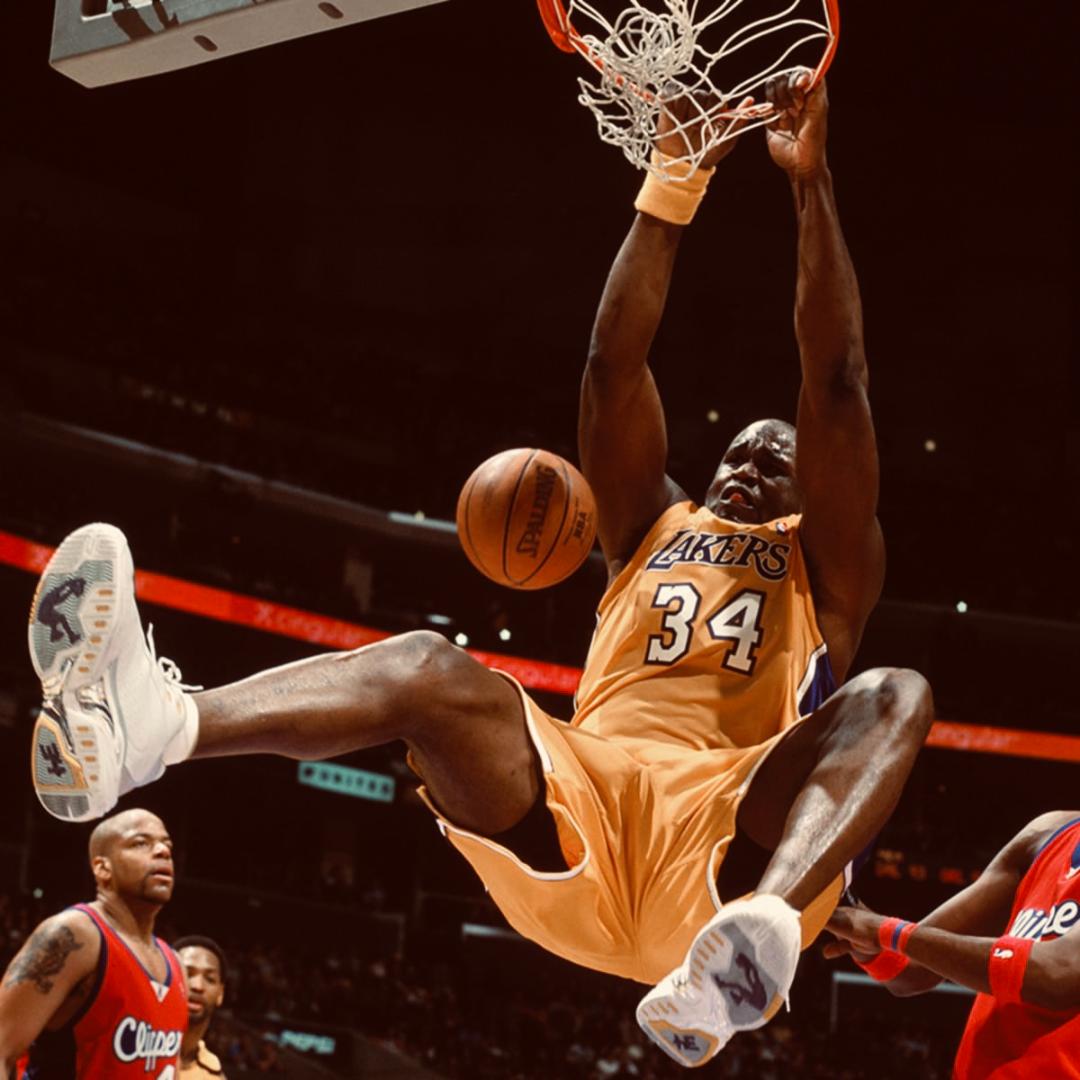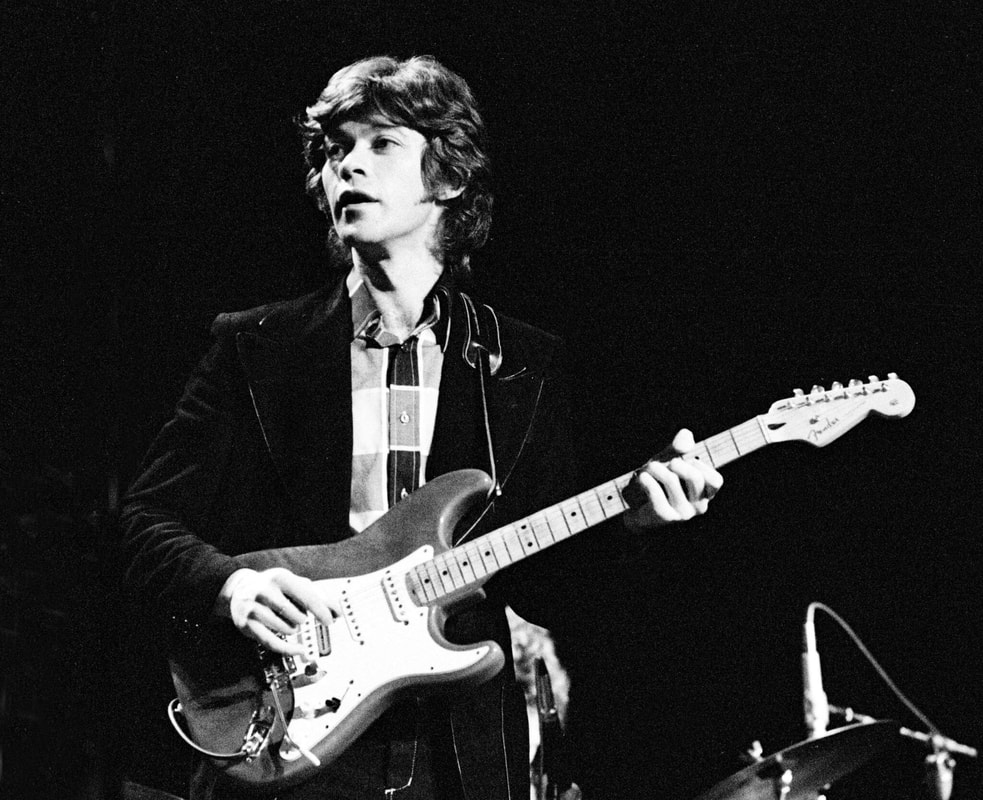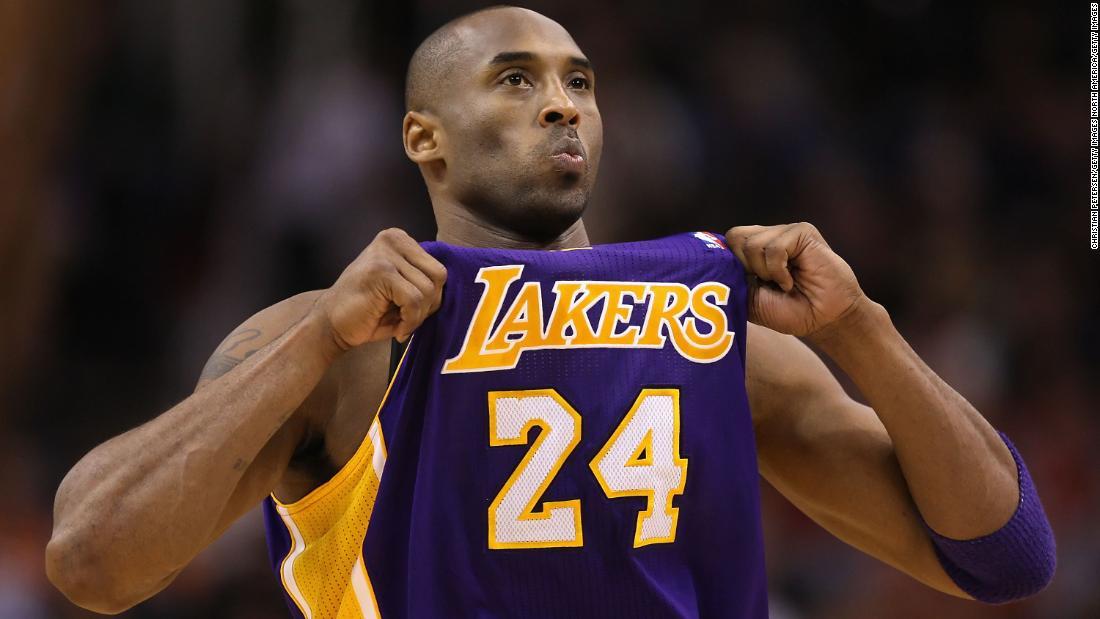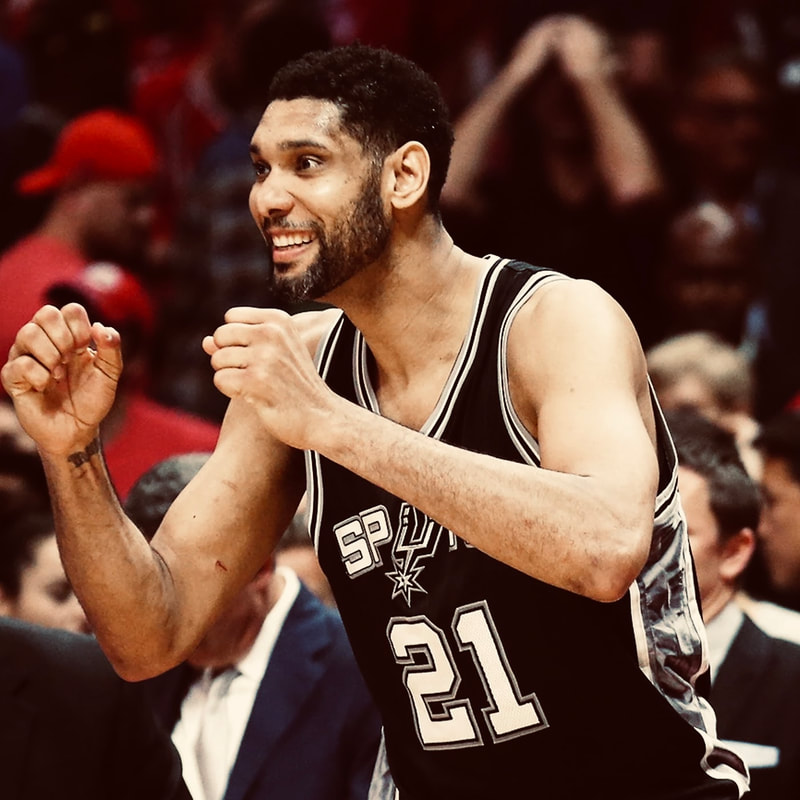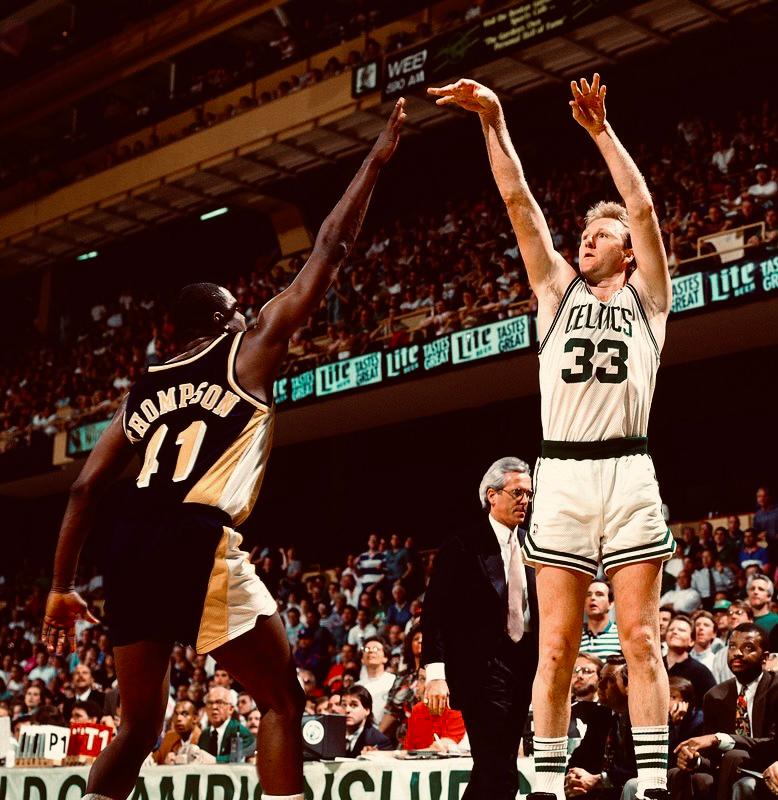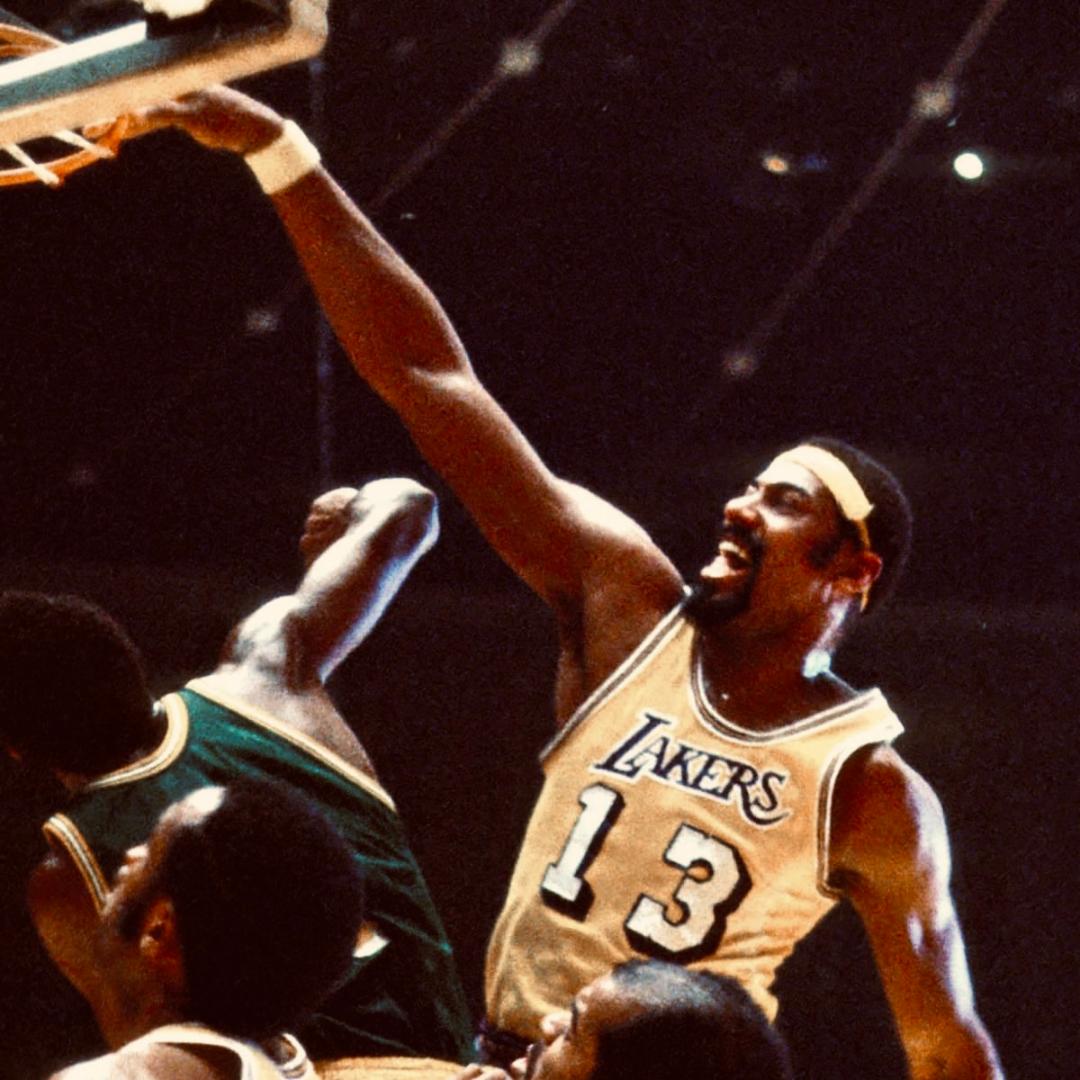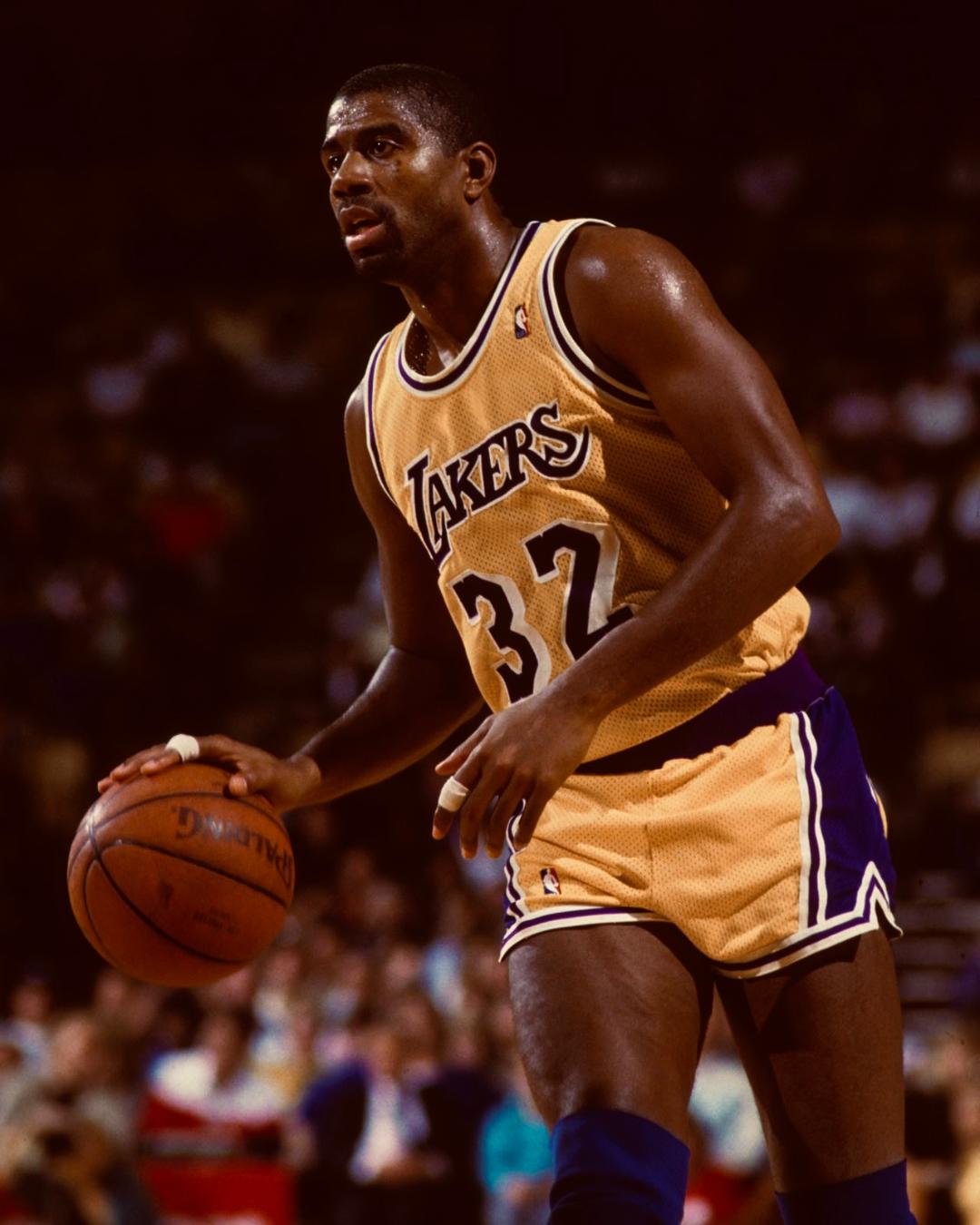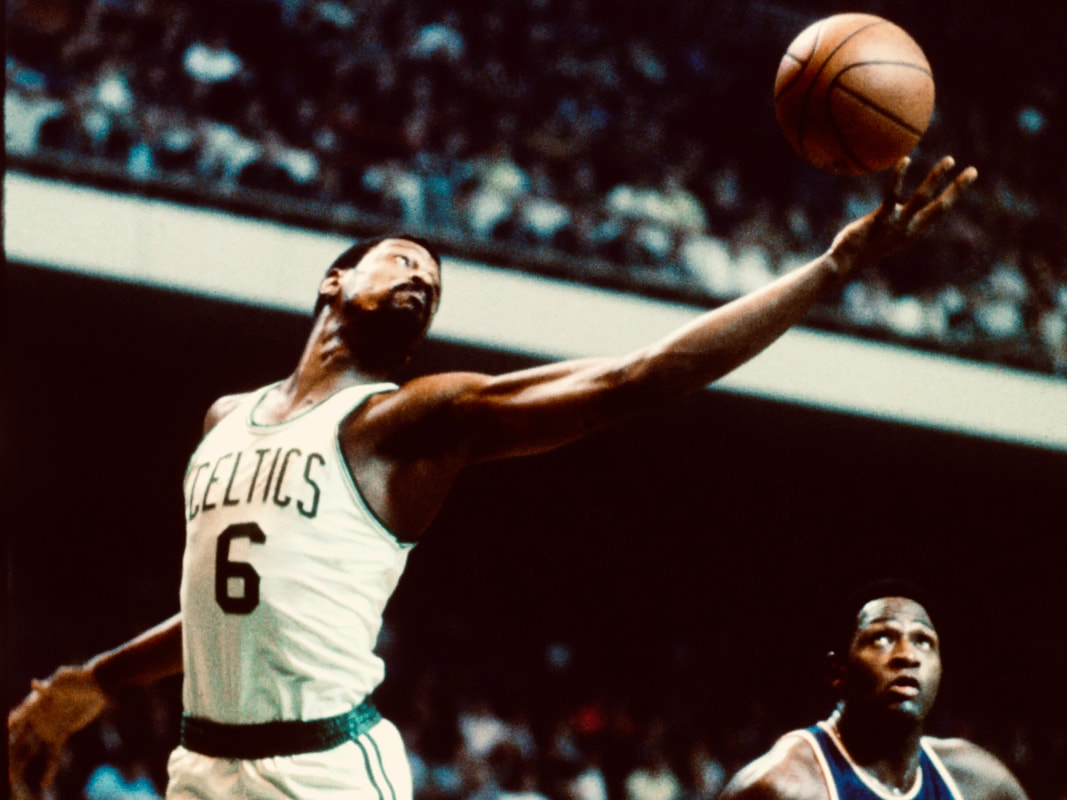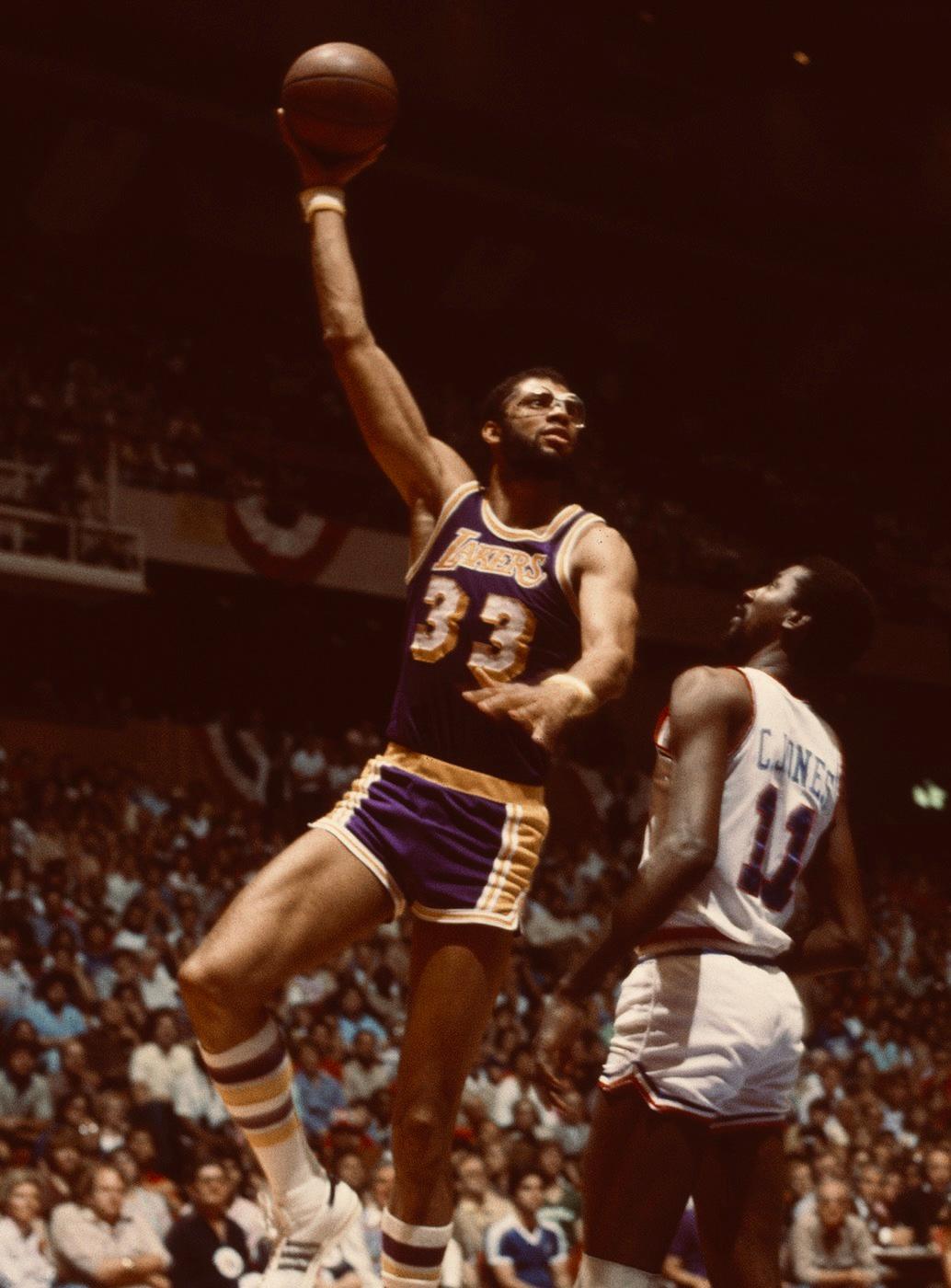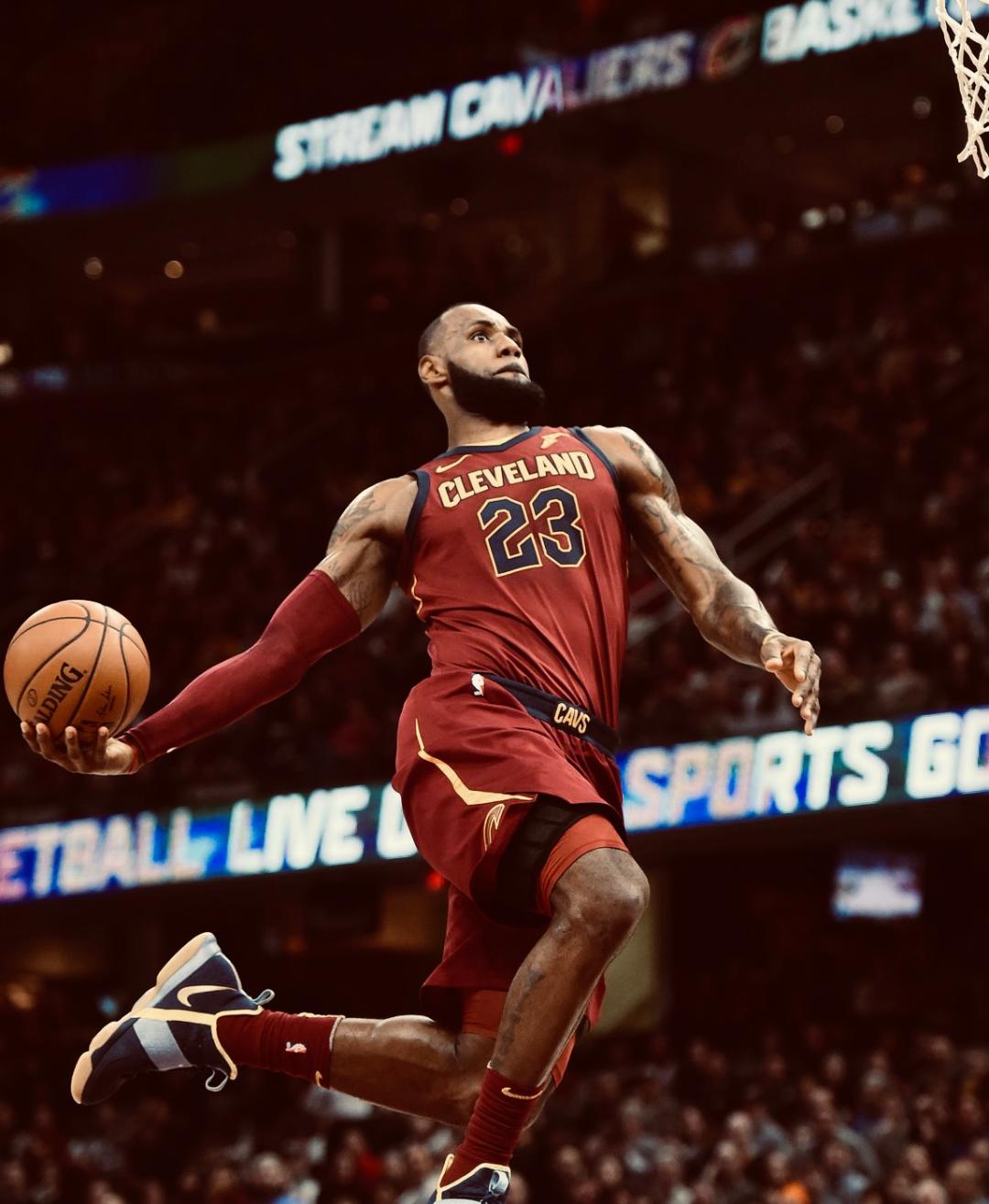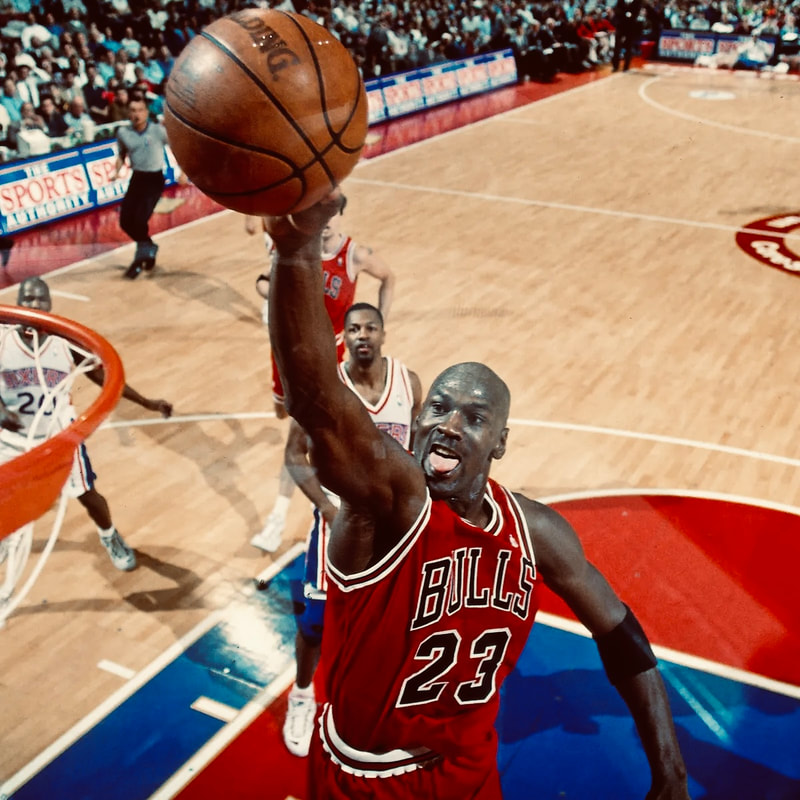|
by Eric Fulton & Julian Spivey The NBA celebrated its 75th anniversary this season by unveiling its list of the 75 greatest players in league history (except the list featured 76 players due to a tie in the voting - ties are dumb!). Honestly it was a pretty good list the league compiled, but Eric and I thought we could improve on it ever so slightly and we definitely wanted it to be a ranked list instead of listed alphabetically like the league's was. We want you to know that George Gervin was better than Carmelo Anthony and so on. So, we hope you enjoy our additions, don't hate our omissions and respect the fact that when we celebrate 75 years of the NBA we aren't going to throw an extra player at you! - JS
0 Comments
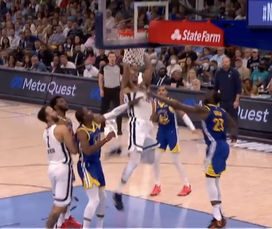 Screenshot Screenshot by Julian Spivey For much of the first round of the NBA Playoffs I found myself annoyed with the number of times the officials would go over to the replay system to try to determine whether a foul was a common foul or a flagrant foul. There are two reasons why it’s so annoying to me: the first is the time it takes to review the play. Basketball doesn’t quite have the pace of play issue many other sports do (in fact, it’s probably the best sport when it comes to pace of play), but we still don’t need unnecessary stoppages. But the biggest annoyance is most of these fouls just shouldn’t be flagrant fouls. I understand wanting to keep the athletes of the sport safe, but what constitutes a flagrant foul has seemingly gotten out of hand in the NBA and nothing showed this to me personally than the utterly ridiculous flagrant-2 foul assessed to Golden State Warriors forward Draymond Green on a foul on Memphis Grizzlies forward Brandon Clarke during game one of the Western Conference semifinals on Sunday, May 1. Late in the second quarter of Sunday’s game, Clarke went up for a shot at then hoop and was hit on the head by Green and then grabbed by his jersey and brought toward the floor by Green. The grabbing of the jersey may have been unintended based on my viewing of the replay. But one thing that was incredibly clear to me based on watching the replay multiple times is that Green had no intention of hurting Clarke as he even made a successful attempt to hold Clarke up from hitting the hardwood harder than he wound up doing. The play was an obvious foul by Green. There’s zero doubt about that. But I didn’t even think it should result in a flagrant-1 call. It’s the kind of thing that would’ve been a common foul when I grew up watching the NBA in the ‘90s and early ‘00s and it was the kind of thing that would’ve made players in the eras before that laugh their asses off if an official attempted to eject them from a game for. Despite my view that Green’s foul should’ve been a common foul resulting in Clarke shooting two free throws I wasn’t surprised the officials wanted to review it for a flagrant because as I said at the beginning it’s what they seem to do these days any time there’s even the slightest contact deemed more than common. But I never in a million years thought flagrant-2, which comes with an automatic ejection, was even in the conversation. So, I was incredulous when Green was awarded the flagrant-2 and ejected. It’s the worst flagrant-2 call I’ve ever seen in NBA history and that’s something that just can’t happen in the postseason when these games mean so much to the teams playing. Luckily for the Warriors it didn’t end up having a huge impact on their game one outcome as they wound up narrowly beating the Grizzlies 117-116 to take a 1-0 lead in the series. The decision to call a flagrant-2 foul and eject Green from the game on Sunday was one that was confusing to many both currently in the game and legends of the game. Portland Trail Blazers All-Star guard Damian Lillard tweeted: “We gotta have better context with these rules man.” Los Angeles Lakers legend and Hall of Famer James Worthy tweeted: “Man, things have changed. Back in the day, the foul that [Draymond Green] committed would have been two free throws ONLY.” The flagrant-2 foul rule is stated in the NBA rulebook as: “If contact committed against a player, with or without the ball, is interpreted to be unnecessary and excessive.” That leaves too much of for interpretation for me, and evidently for Lillard and others too. I think a flagrant-2 should have to have some sort of ill-intent behind it – which is also something that would be up for interpretation, but in this scenario would’ve allowed the officials to see, “Hey, Green is obviously trying to hold Clarke up from hitting the deck, so surely there’s no ill-intent.” The biggest issue with the seemingly constant checking for flagrant fouls that’s going on in the NBA for me is the pussification of the game. Is there no such thing as a “hard foul” anymore? When athletes are getting tossed from games for the kind of stuff that would’ve been “play on, boys” in the days of Kevin McHale, Bill Laimbeer and Kurt Rambis than I’m afraid we’re losing something in today’s game. Again, the league has a responsibility to keep players as safe as possible, but who was hurt on Sunday? Maybe Clarke’s jersey? The league needs to get a grip. |
Archives
July 2024
|
